Introduction
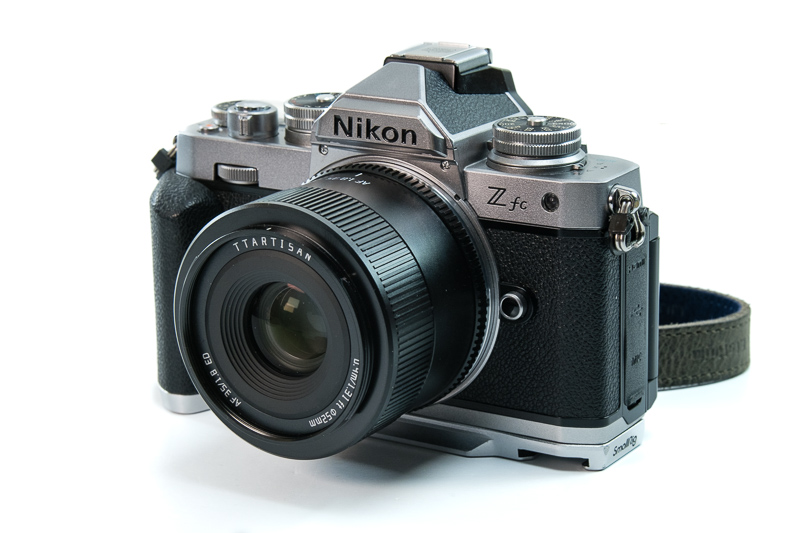
It has been about a year since TTArtisan introduced the AF 35mm f/1.8, and now it’s time to release version 2 of that lens. I liked the first version when I reviewed it and enjoyed taking pictures with it. They have tried to improve the lens since last year and therefore we can see a couple of changes, but have they succeeded?
![]() I tested this lens on a 21.5 Mp Nikon Zfc.
I tested this lens on a 21.5 Mp Nikon Zfc.
 You can see this review as a YouTube video here!
You can see this review as a YouTube video here!
![]() Sample images in high resolution here.
Sample images in high resolution here.
Sample Images

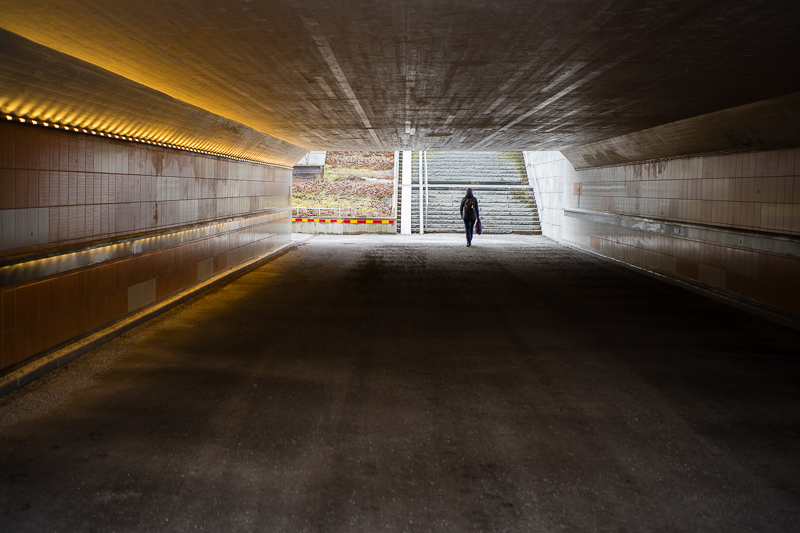

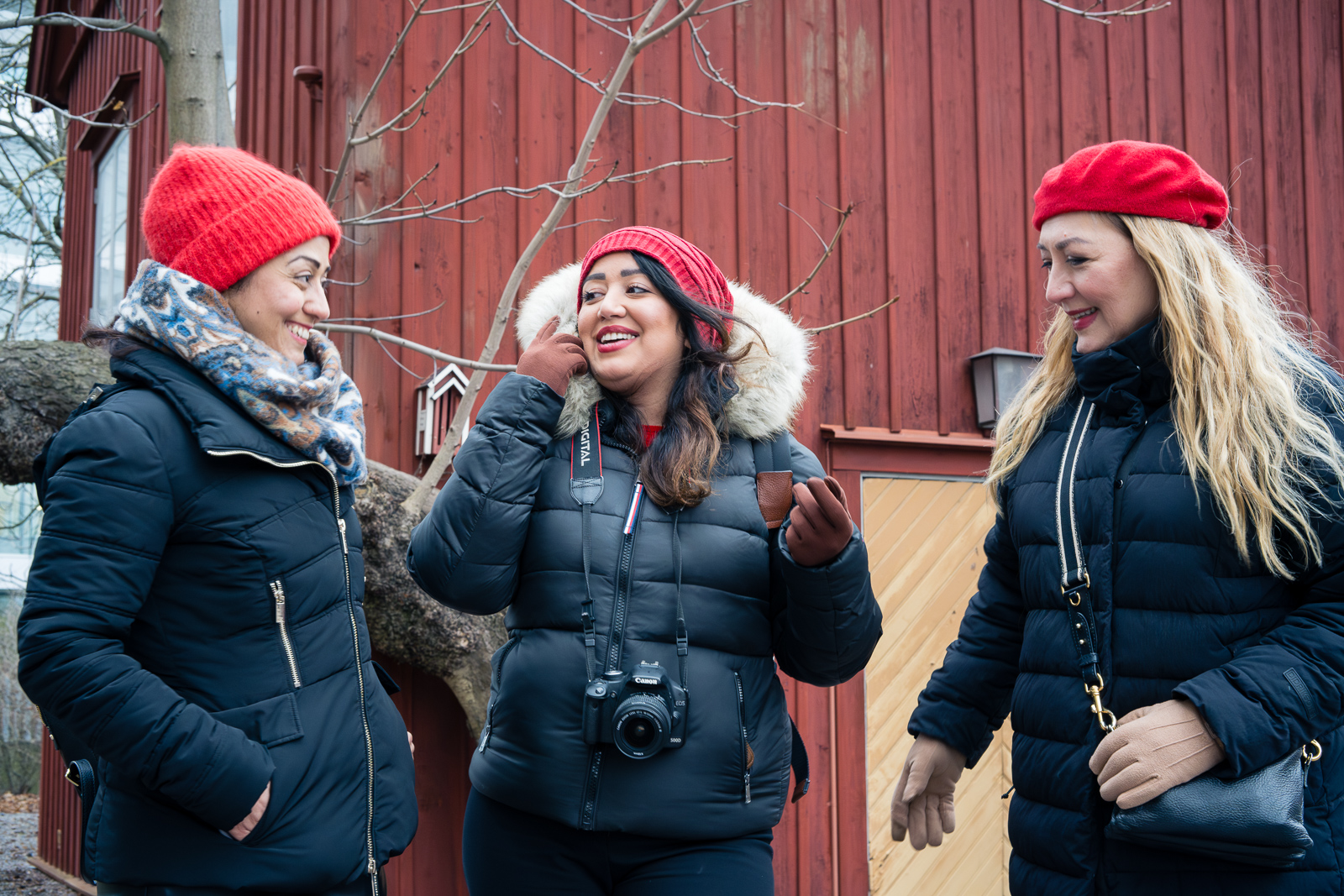

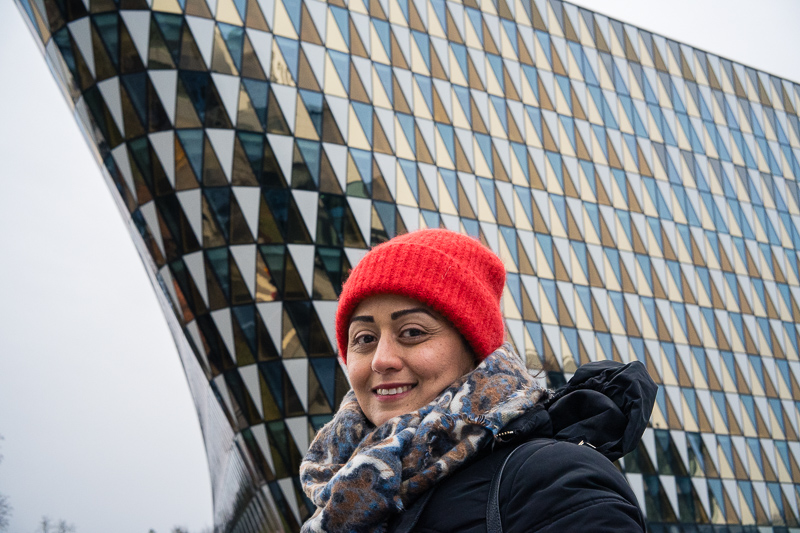
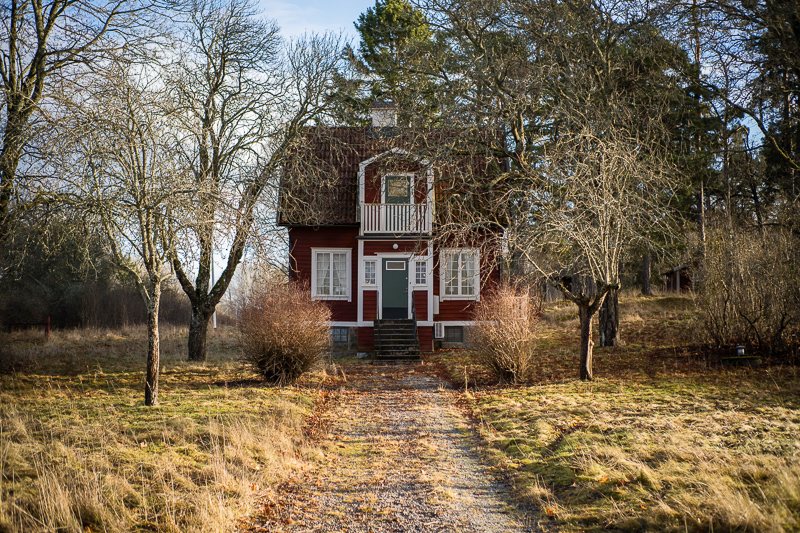
Most of the sample images in this review and many more can be found in higher resolution here.
Specifications
| Focal Length | 35mm |
| Angle of View | 45° |
| # of Aperture Blades | 9 |
| Max Aperture | f/1.8 |
| Min Aperture | f/16 |
| Min Focus Distance | 0.4 m |
| Filter Size | 52 mm |
| Lens Mount | Fuji X, Sony E, Nikon Z |
| Weight | 176 g |
| Size (D x L) | 65 x 52 mm |
| Elements/Group | 10 / 7 |
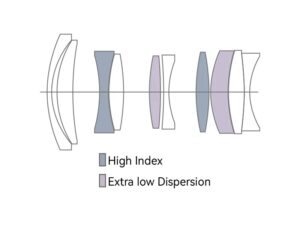
| Buy new: TTArtisan Store, Amazon for $125 (Affiliate links) |
Disclosure
TTArtisan kindly provided this lens for review and testing purposes; however, this review is completely impartial.
Variations
As mentioned before there has been a version of this lens from 2024. It was about 1 cm longer and 25 g heavier. Another difference was that it had a minimum focusing distance of 0.6 m instead the mark II version’s 0.4 m.
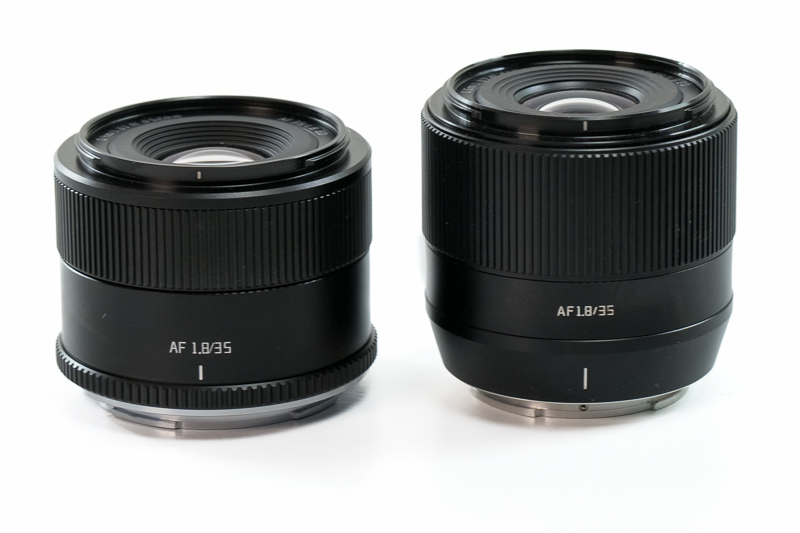
Handling
The lens appears to be well-built, matching the mechanical standard of TTArtisans’ manual lenses, which is a good. It is fully made of metal. The only physical control on the lens is the focusing ring. It is an autofocus lens though. The aperture setting is controlled from the camera. Though slightly smaller than the first version, the focusing ring is still large enough to be easily located without taking your eyes off the viewfinder, and it turns evenly and smoothly. In addition to its primary function for manual focus, the focusing ring can also be configured to control aperture or exposure compensation.
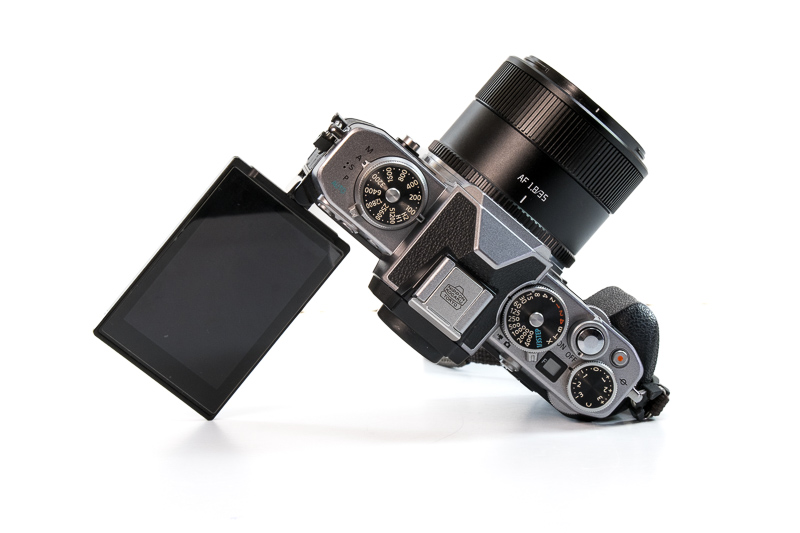
The lens features internal focusing, meaning it does not change size, and the front element doesn’t turn during focusing, which is an advantage. The rear lens cap is a dock with a USB-C contact, which also can be used for updating the lens firmware.
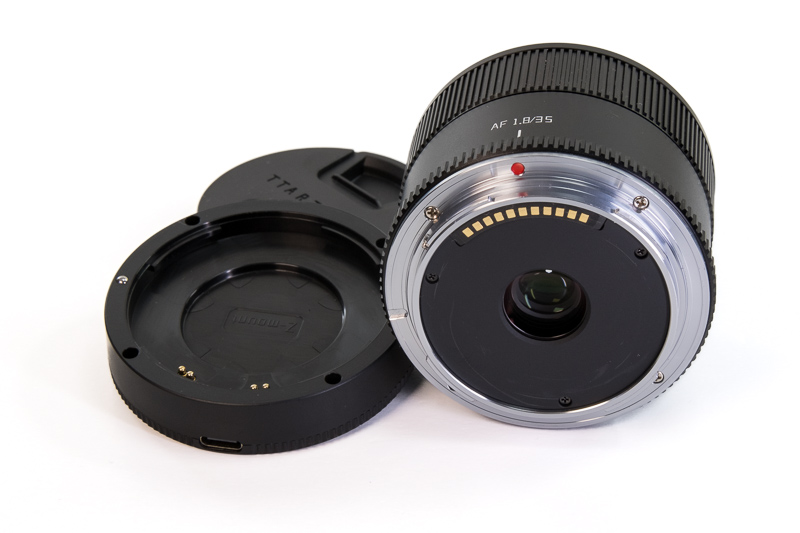
The lens hood is fairly basic, made of plastic, and features an unorthodox design that is not completely round.
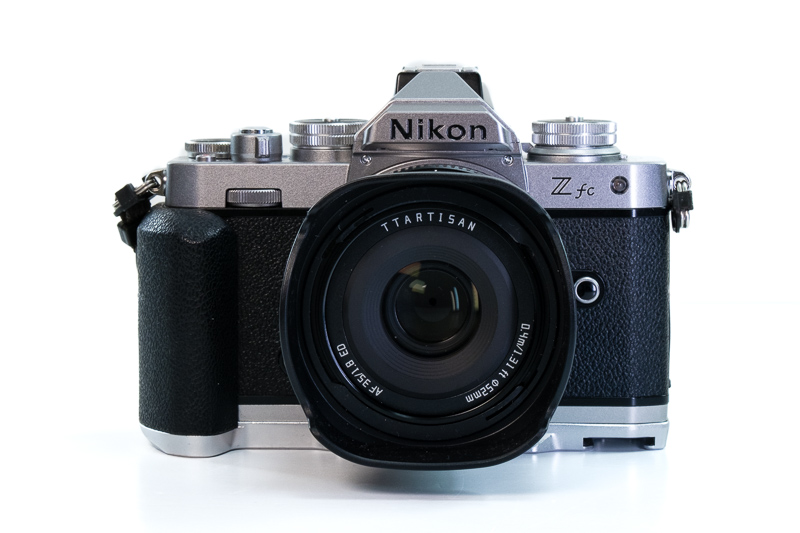
Optical Features
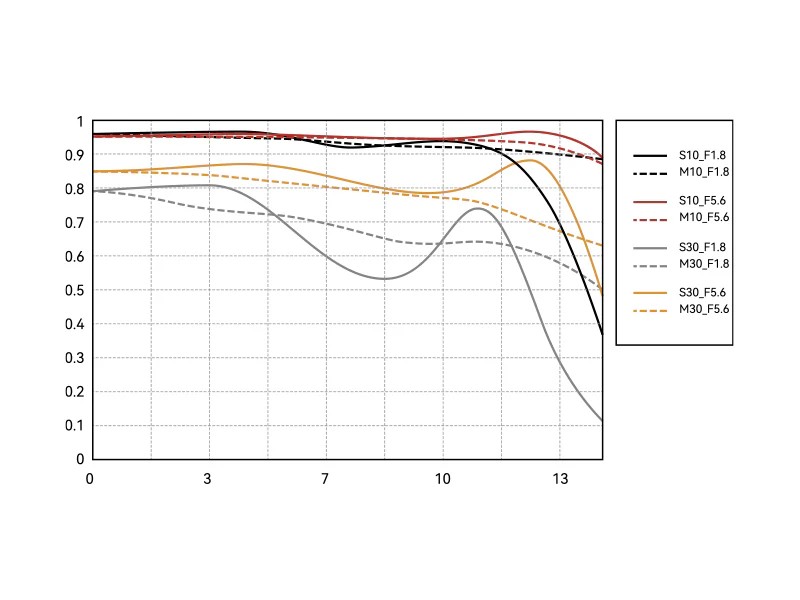
Sharpness (Infinity)
For the infinity sharpness test, we look at three areas of the image, centre, mid-frame, and corner, see highlighted areas in the image below!
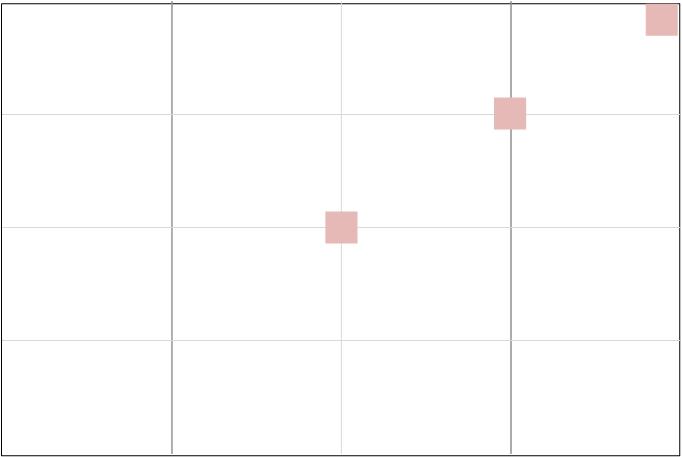
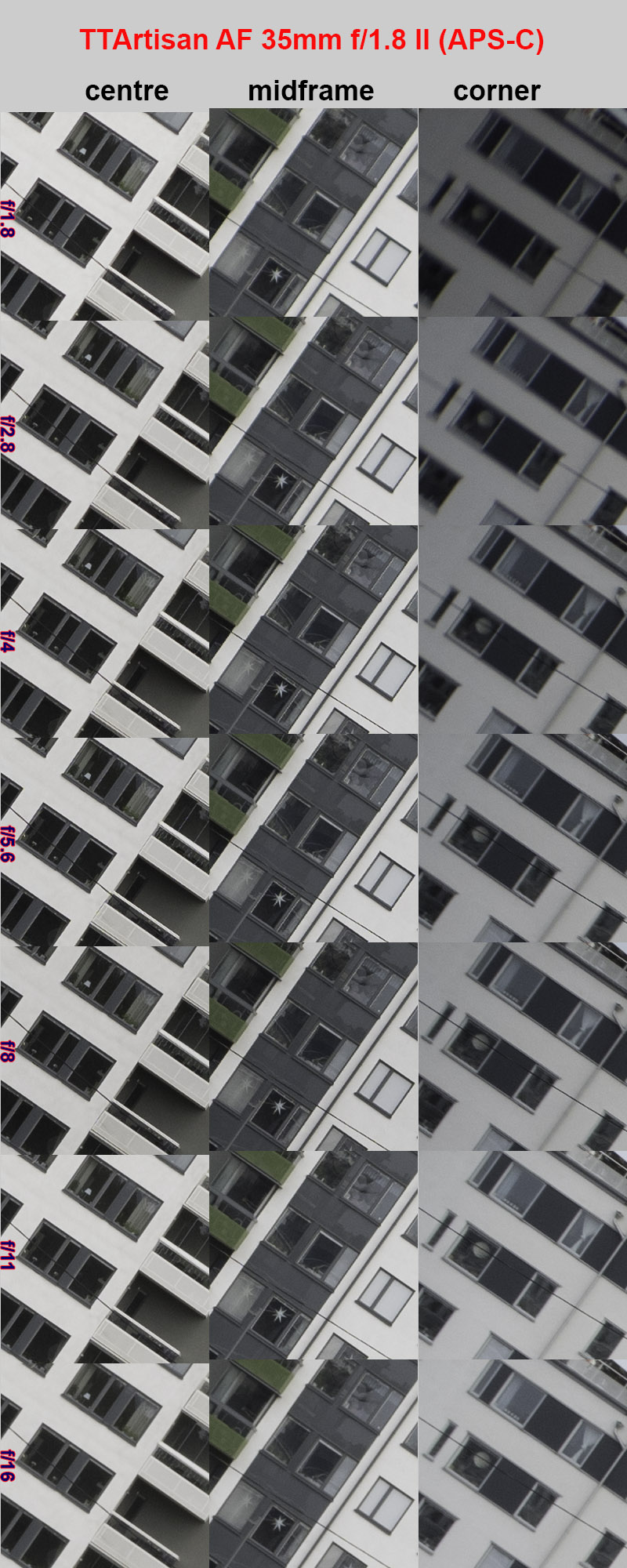
Excellent sharpness right from wide open at f/1.8 in the centre of the image and the midframe is very good, but the corner, while OK, not even close to the rest of the frame. Stopping down improves the sharpness everywhere and by f/5.6 we get excellent sharpness even in the midframe and the corner is good now. Best corner sharpness is achieved at f/11, while f/16 shows a small dip in sharpness all over the image due to diffraction
Sharpness (Portrait)
Let’s look at the points of interest for portraits at the portrait distance: the very centre, the centre’s inner periphery (1/3 rule intersection), and the centre’s outer periphery (1/4th intersection).
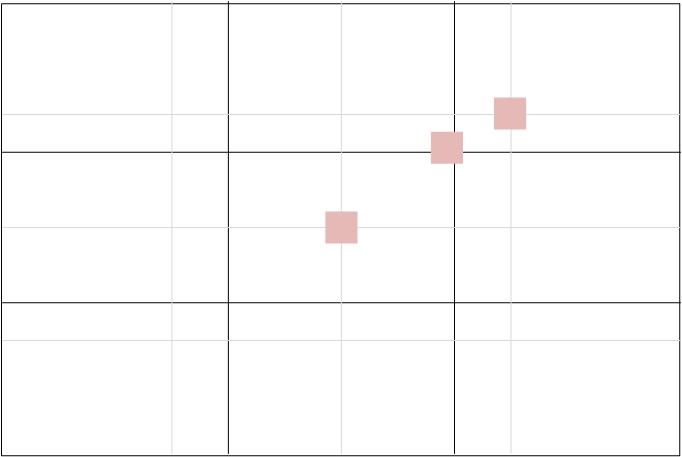
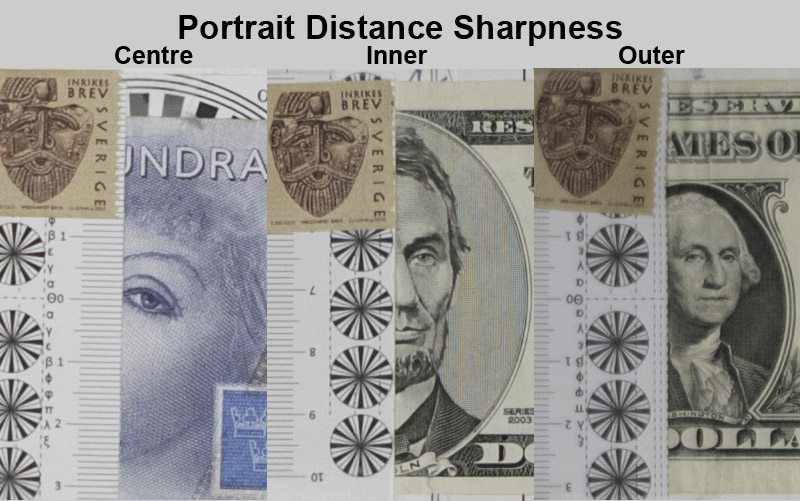
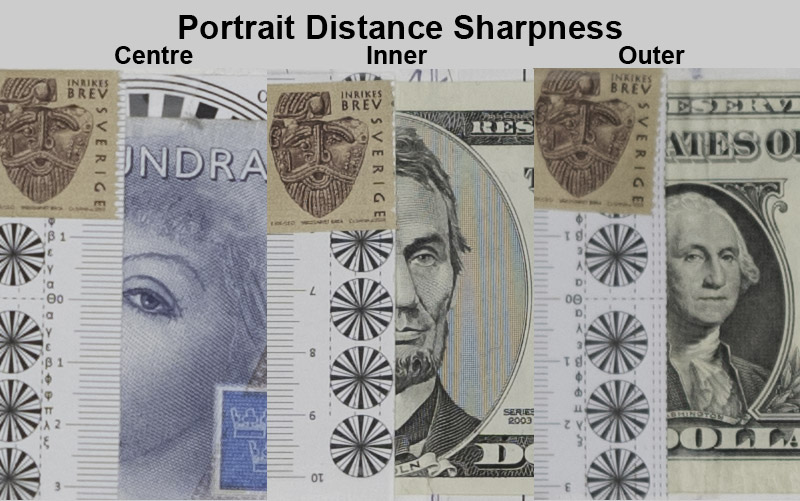
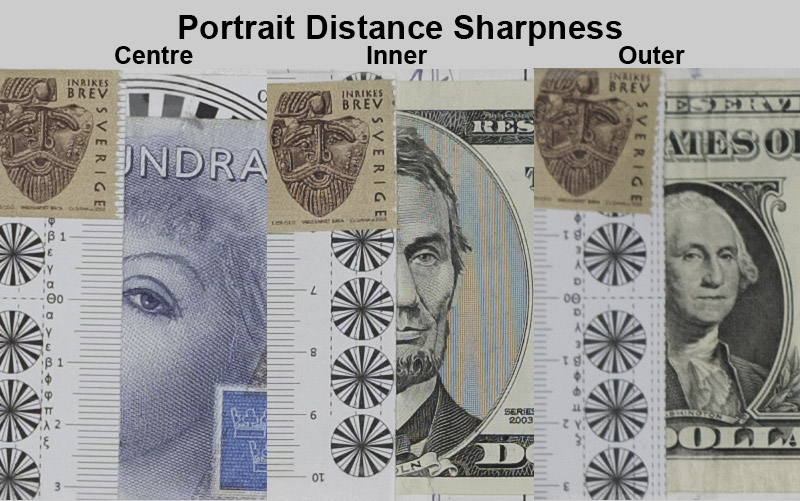
Portrait sharpness is very good at all points but it seems that the lens suffers from field curvature. The Inner circle is a little sharper than the centre and the outer circle. Even here the sharpness improves everywhere by stopping down.
Sharpness (Close-up)
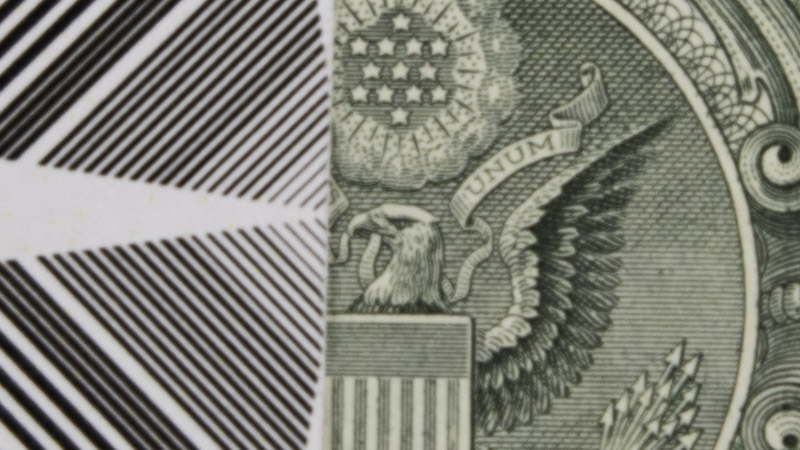
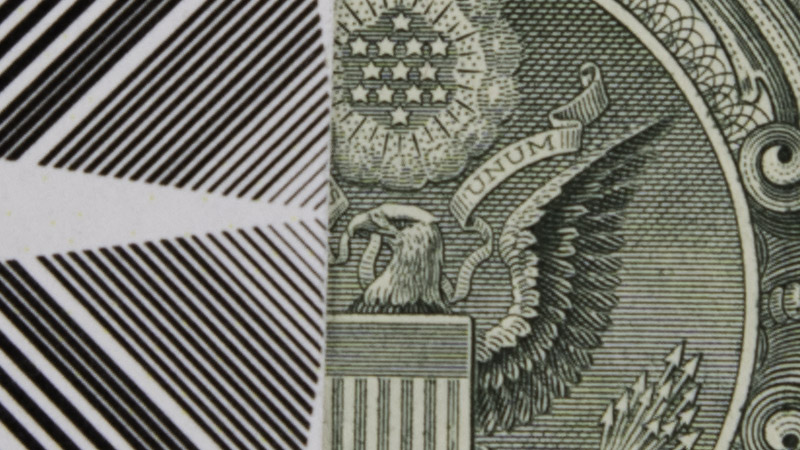
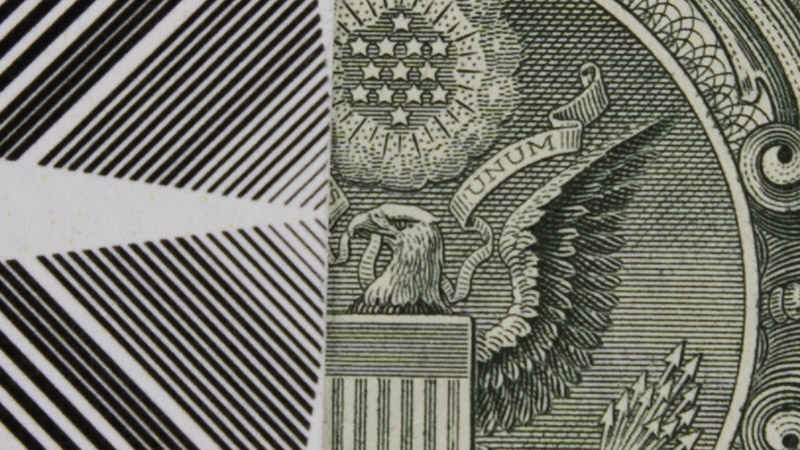
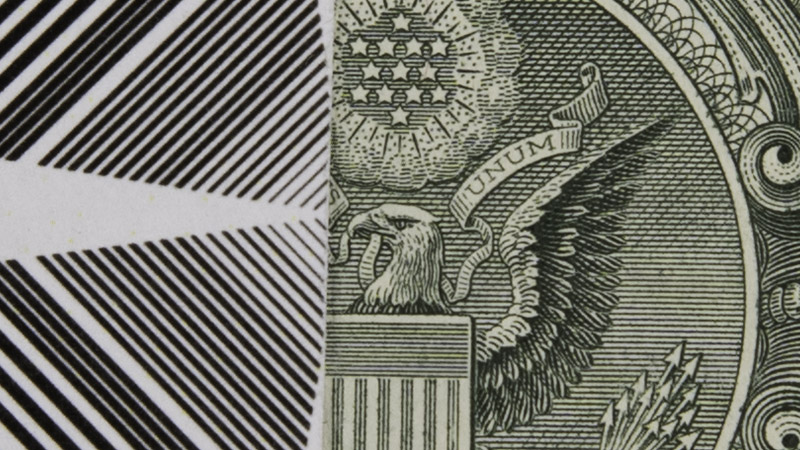
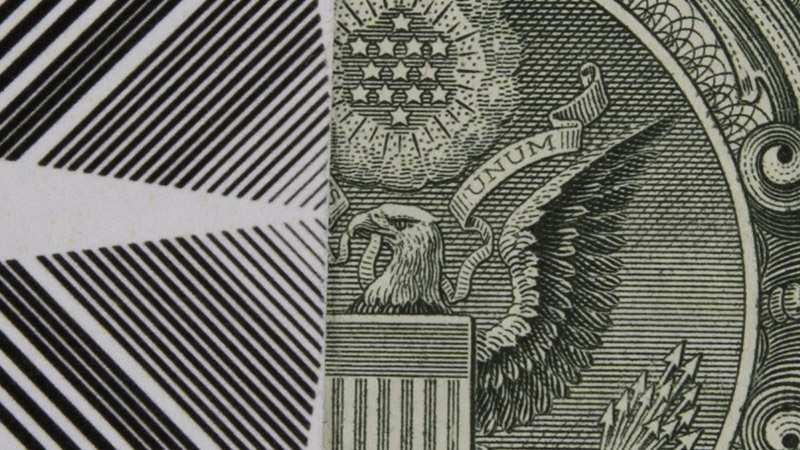
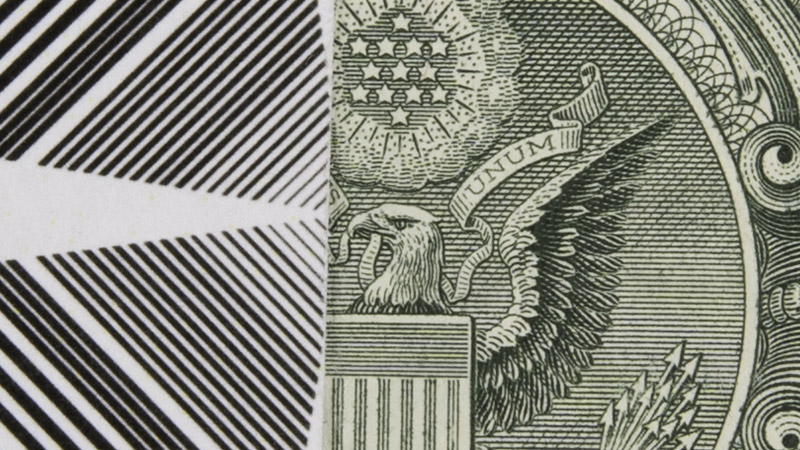
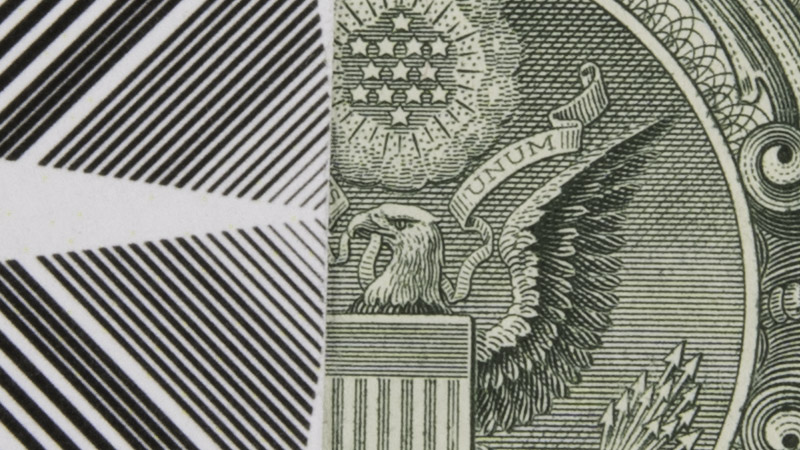
It seems that the lens suffers from aspherical aberrations at near MFD, the sharpness is barely OK, but usable. Closing the aperture one stop improves the sharpness a lot and at f/4 it is very good and at f/8 it will reach excellent sharpness. I thought maybe it is because of the improved minimum focus distance as it is visibly worse than the first version, at least at apertures wider than f8. To be fair I tested again but this time at the same distance as version one’s MFD, around 0.6 m.
And it turned out that the sharpness is much better at 0.6 m distance, better than the first version, except for the wide open aperture at f/1.8, a sign of aspherical aberrations.
Lens Distortion
The distortion is very well controlled.
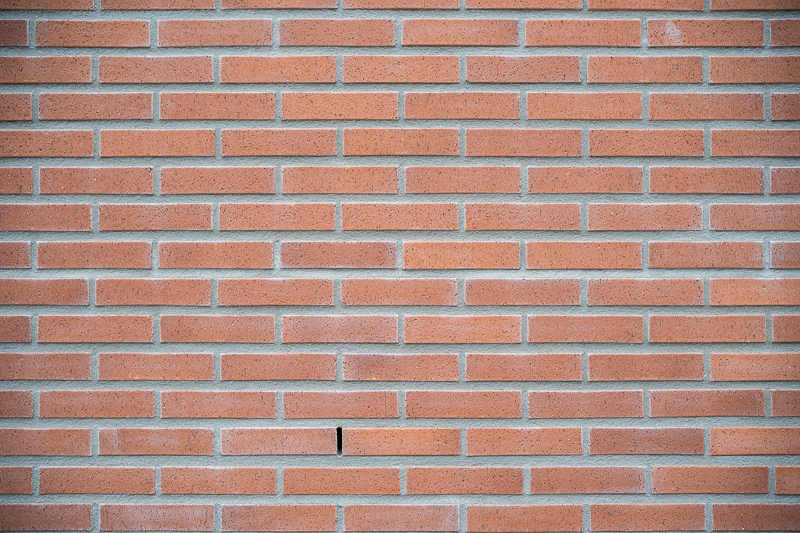
Vignetting
TTArtisan 35/1.8 mark II suffers from quite high vignetting for being a normal lens. The distortion is easily visible and while it gets better by stopping down, it will remain visible even at f/5.6, especially in very light scenes, like snowy landscapes or the sky.
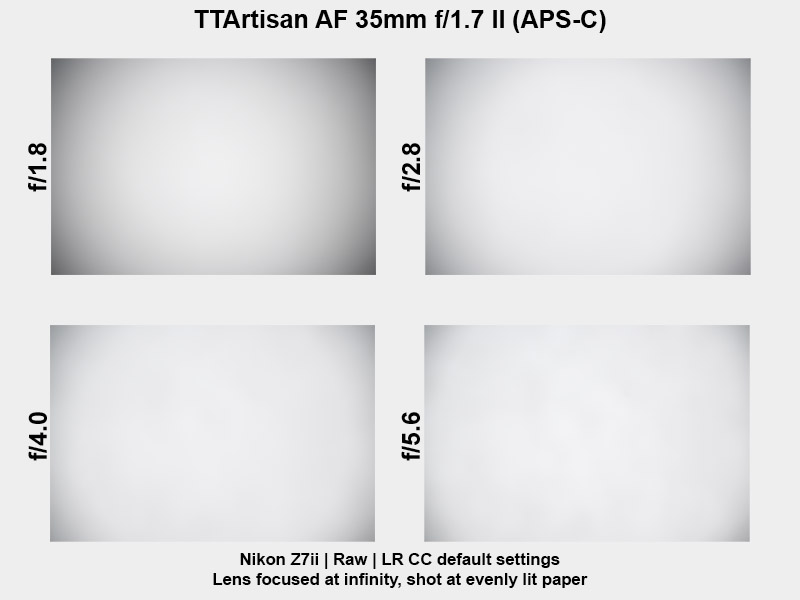
- F/1.8: 2.8 EV
- F/2.8: 1.9 EV
- F/4.0: 1.6 EV
- F/5.6: 1.4 EV
- F/8.0: 1.2 EV
Focus Shift & Aberrations
The lens exhibits focus shift, as can be observed when refocusing at f/4. It also shows noticeable signs of spherical aberrations.
Additionally, there is some longitudinal chromatic aberration, though it is not very pronounced and diminishes significantly when the lens is stopped down by two stops.

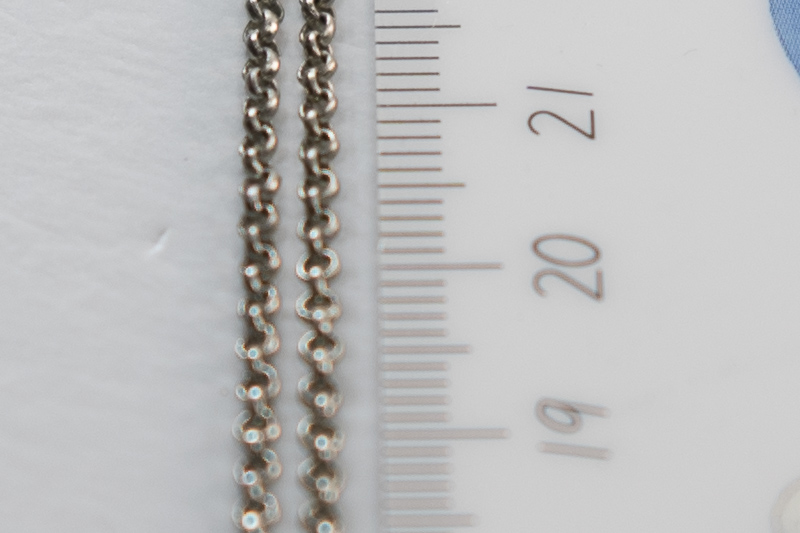
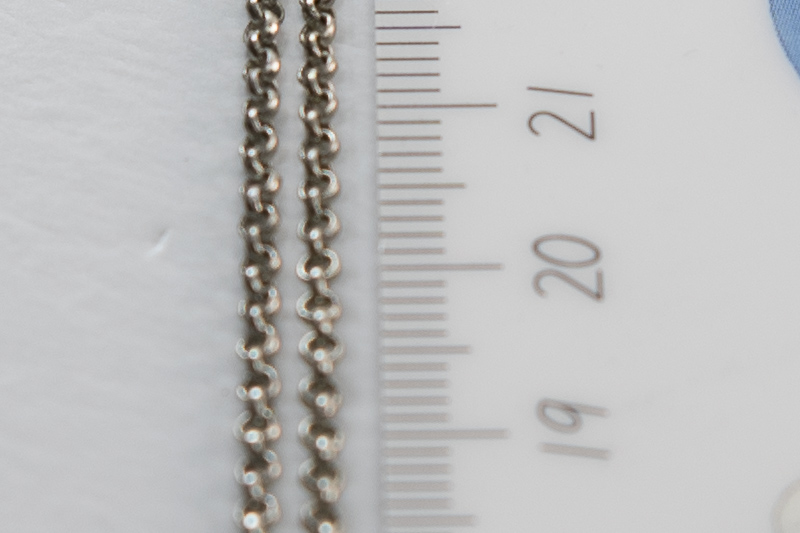
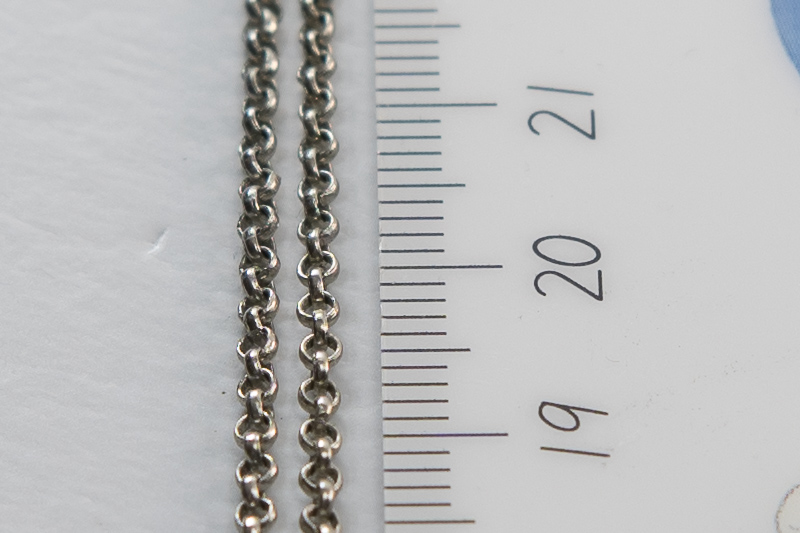
This lens has just a negligible amount of Lateral chromatic aberration, which can be ignored completely. In the following you can see 100% crop of the image corner, both uncorrected and corrected. As you can see it is very hard to see any difference.
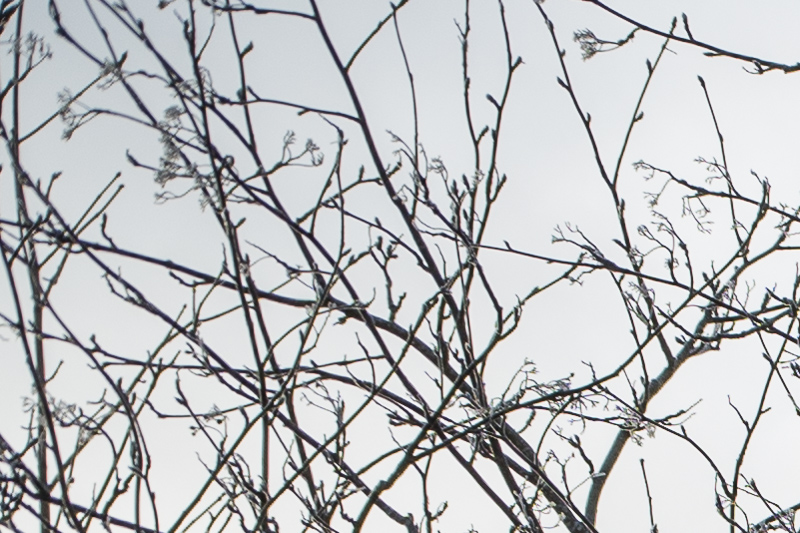
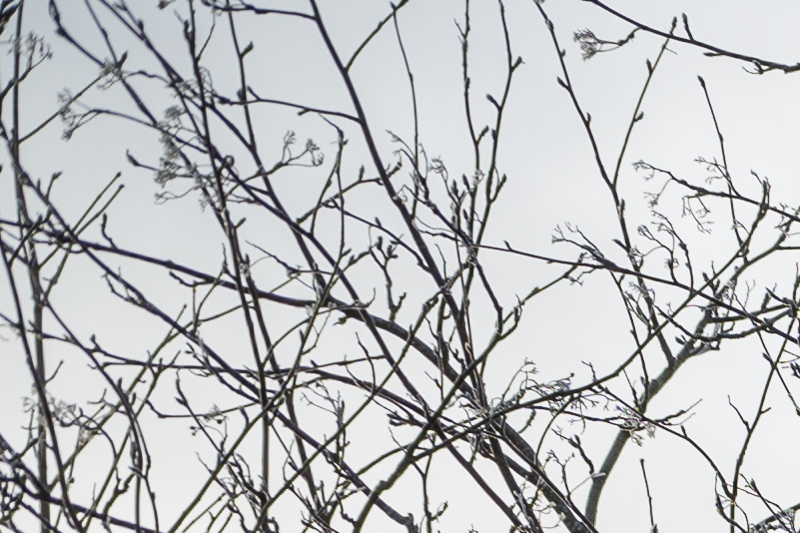
Flare Resistance
The flare resistance is not the worst I have seen, but there is significant room for improvement as the lens shows both veiling flare and ghosting.
Coma
This TTArtisan 35mm lens exhibits mild coma, which persists even when stopping down by one or two stops. To eliminate it completely, you need to stop down all the way to f/11. Here it is more or less at the same level as the mark I version.
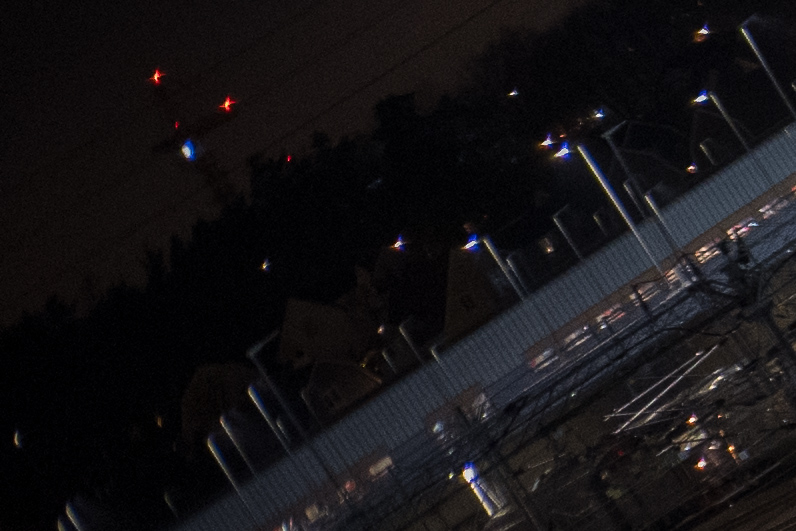
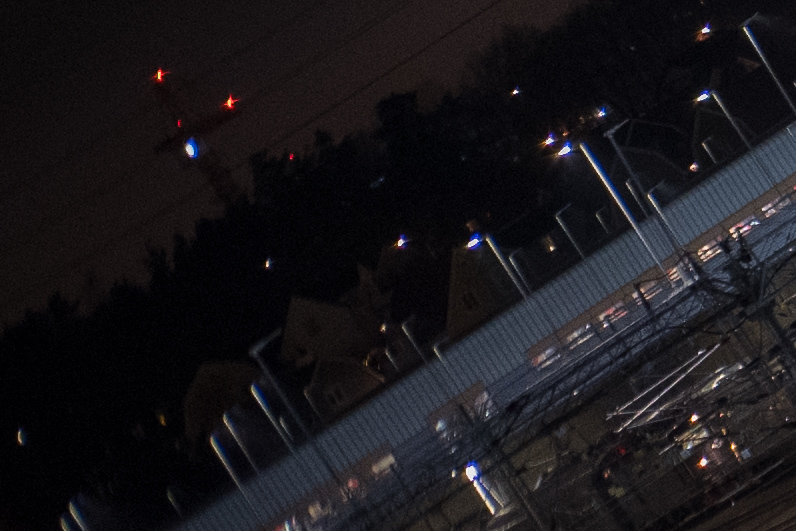

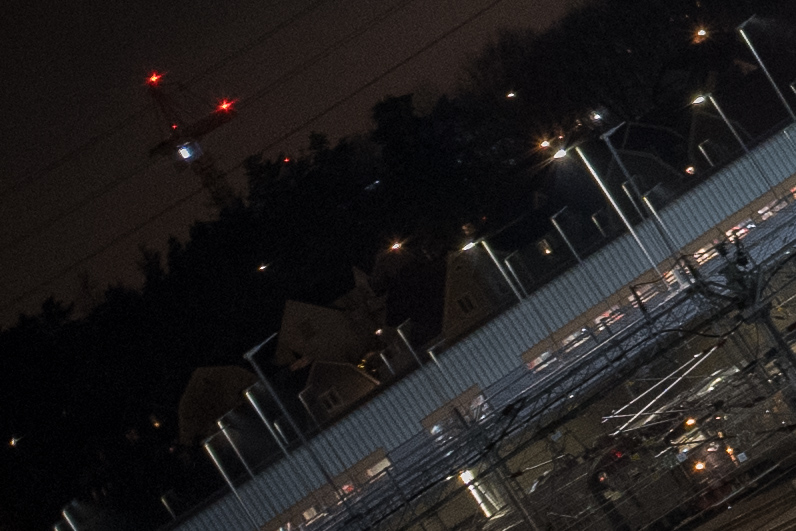
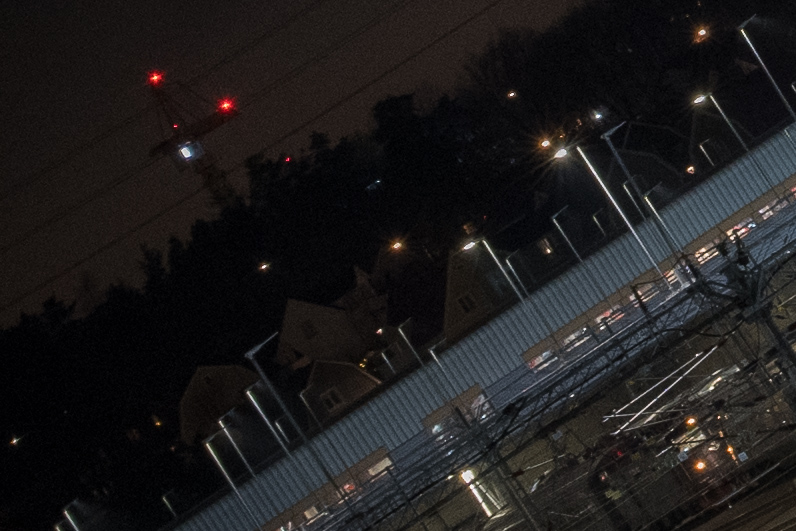
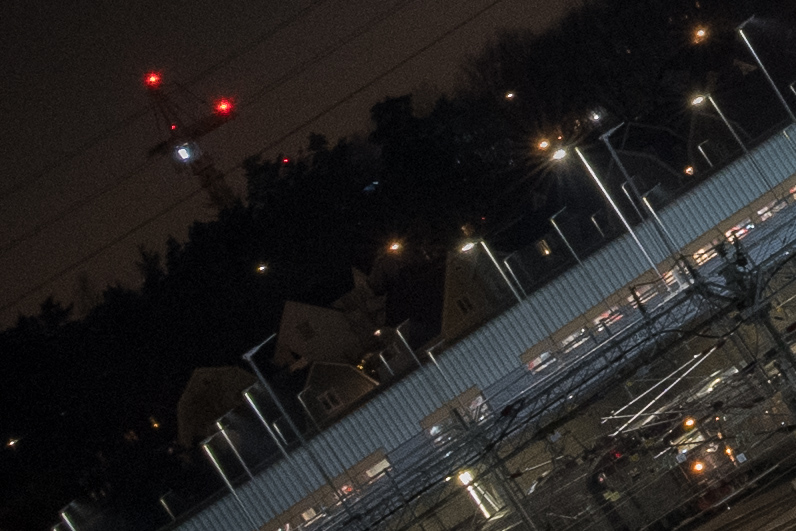
Sunstars
Although the lens has an odd number of aperture blades, it can produce sunstars starting at f/5.6. By f/8, they become nearly well-defined, and at f/11, they are very distinct. In this category this is better than the old one.
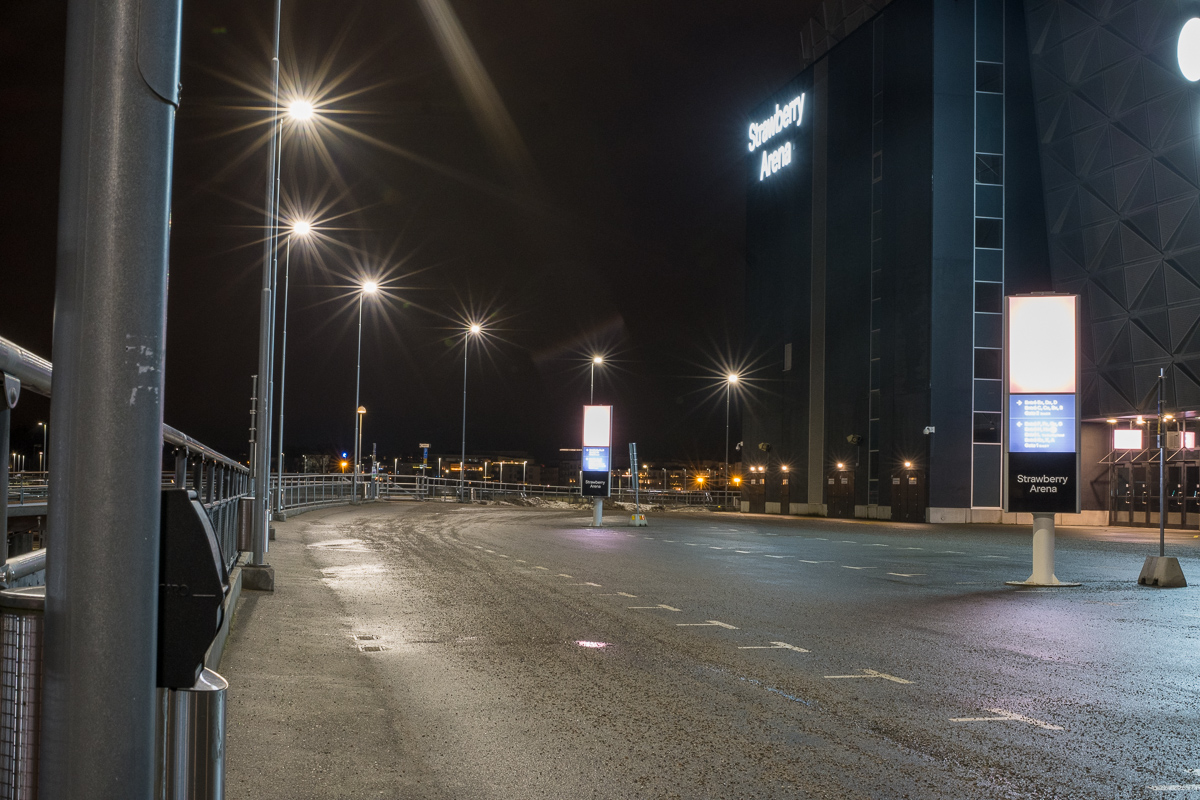
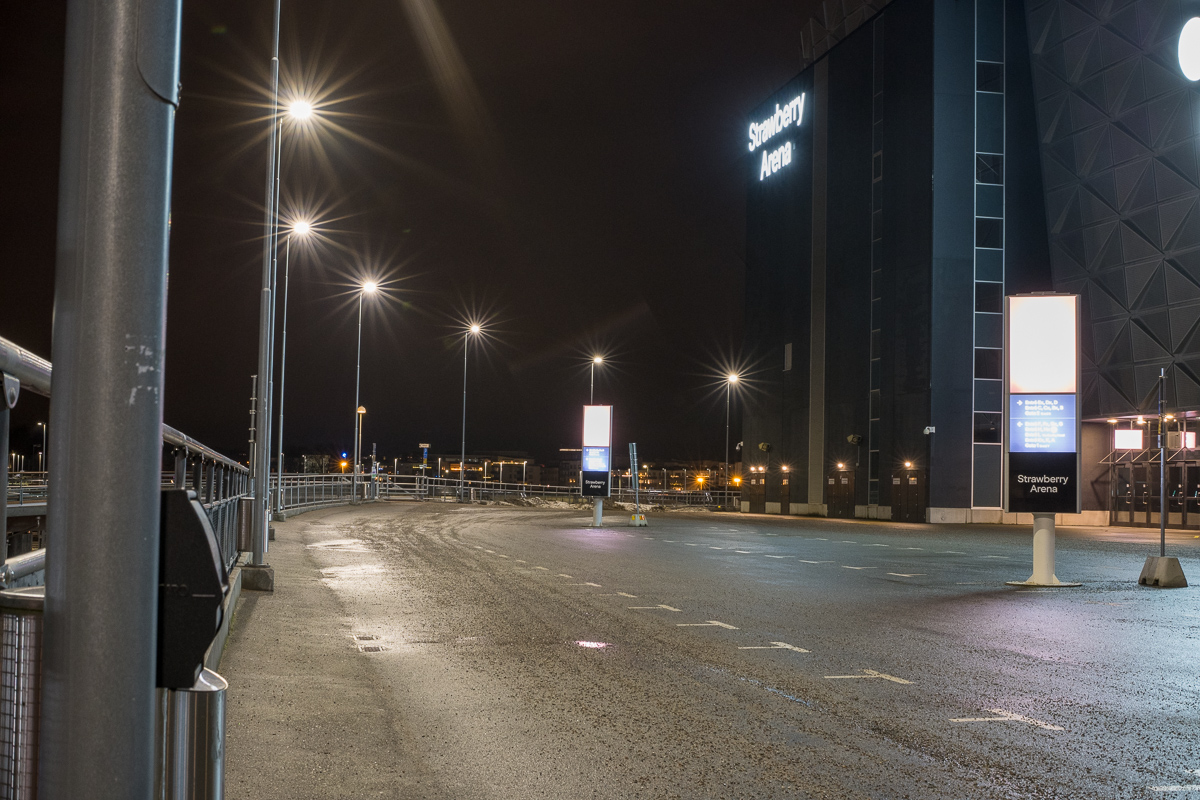
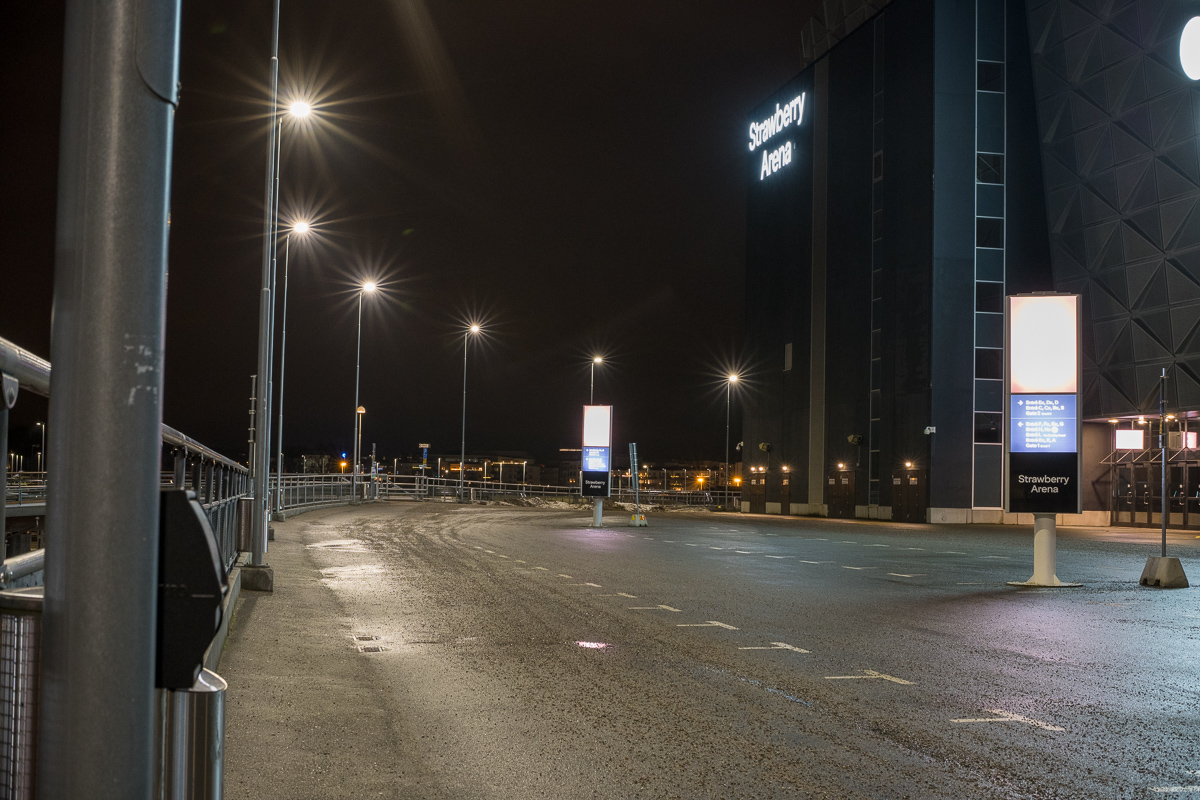

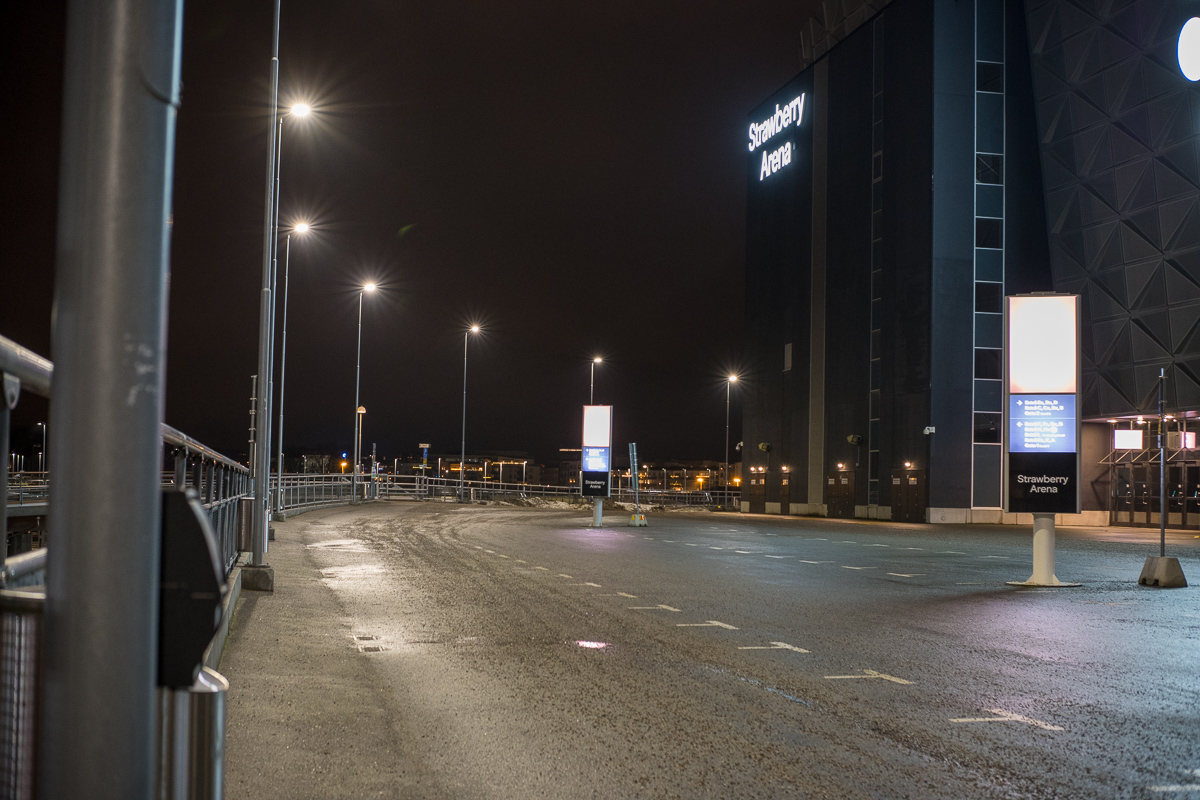
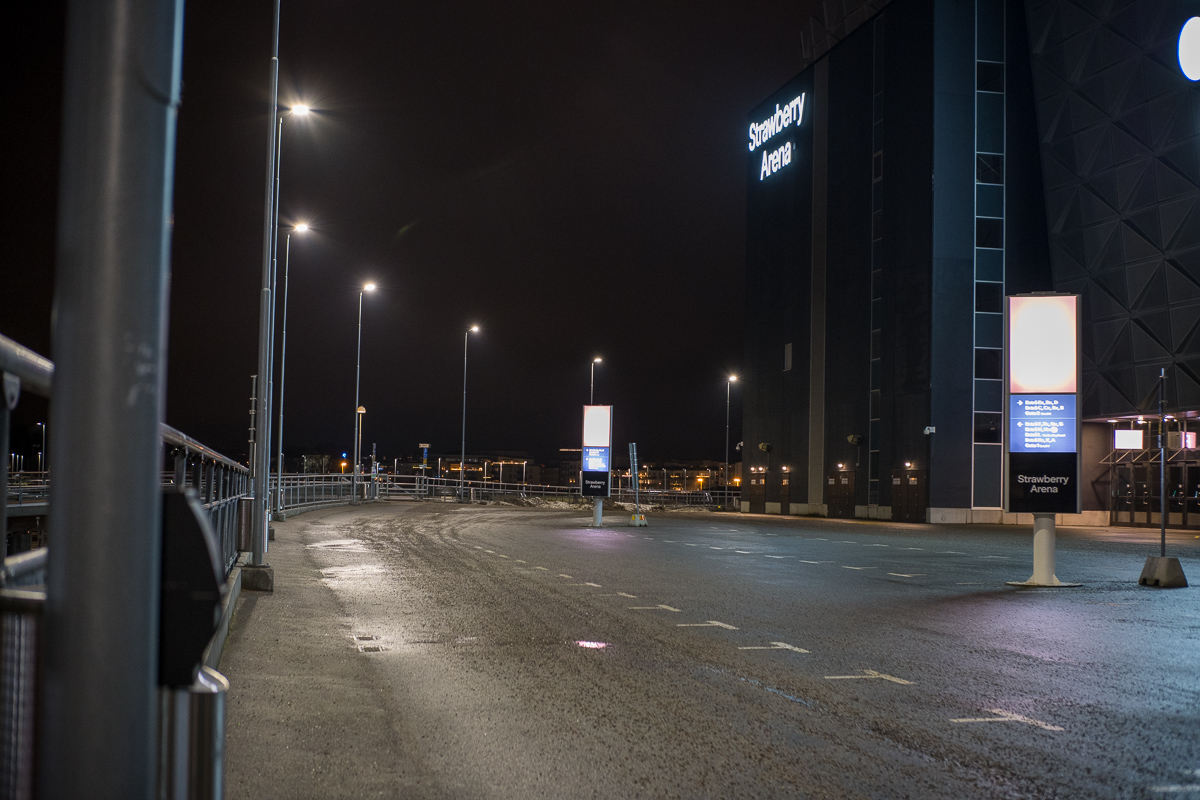
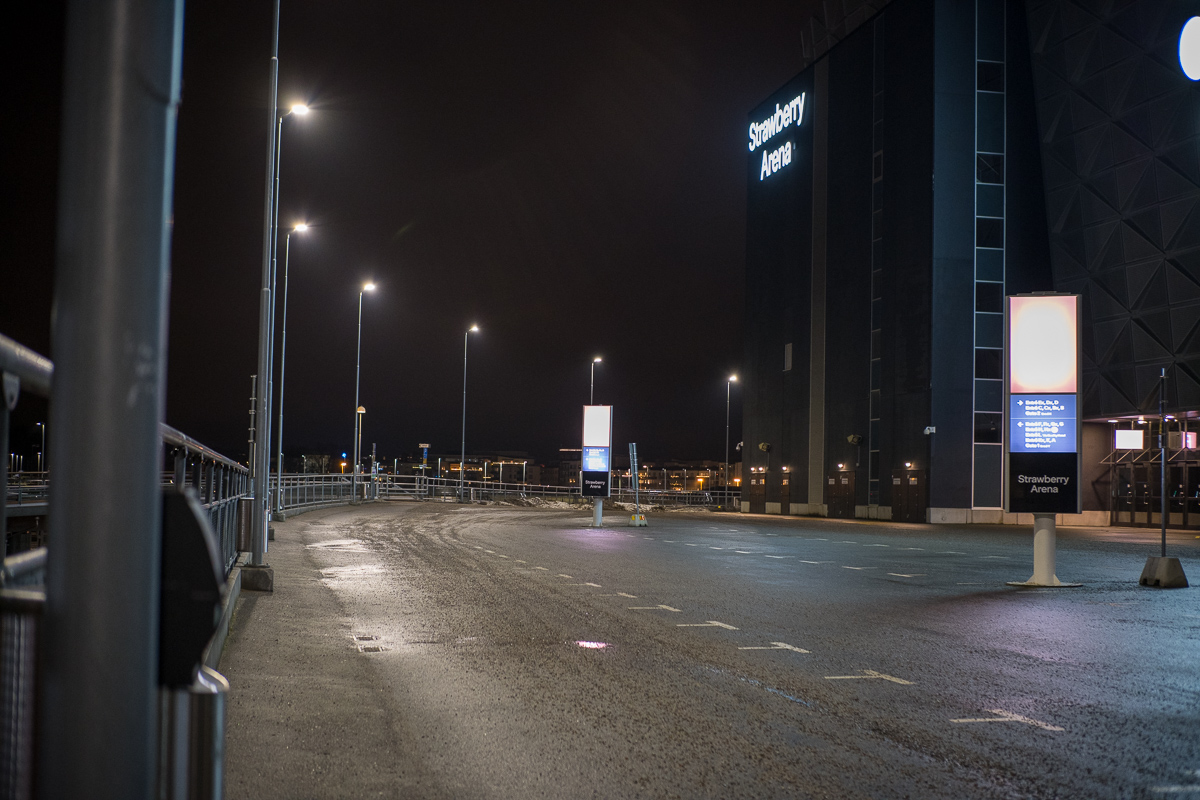
Focus Breathing
The TTArtisan 35/1.8 II suffers from heavy focus breathing, more or less, as much as the previous version, which might not be good news for film makers.

Bokeh
Let’s see how much out of focus background and how nice bokeh we can get from this 35mm at its max relative aperture (f/1.8) on an APS-C camera. Let’s have a look at the bokeh balls first!
-
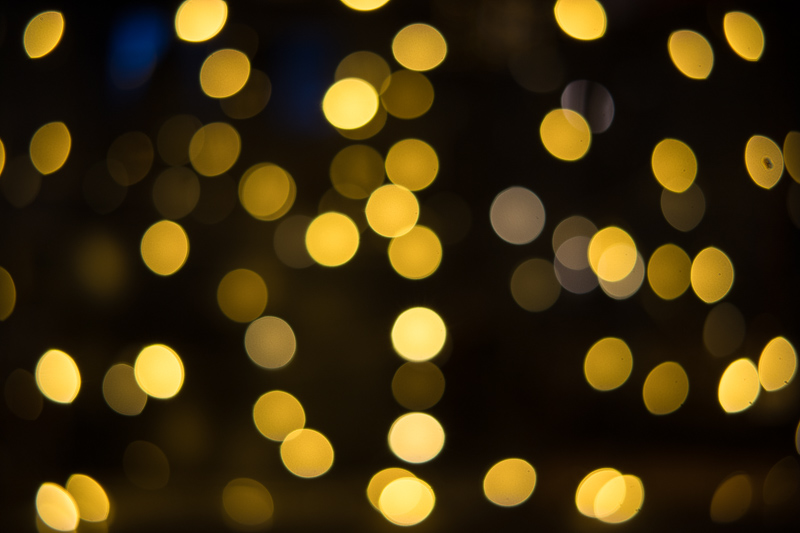
Nikon Zfc | TTArtisan AF 35mm F/1.8 ED II | Bokeh -
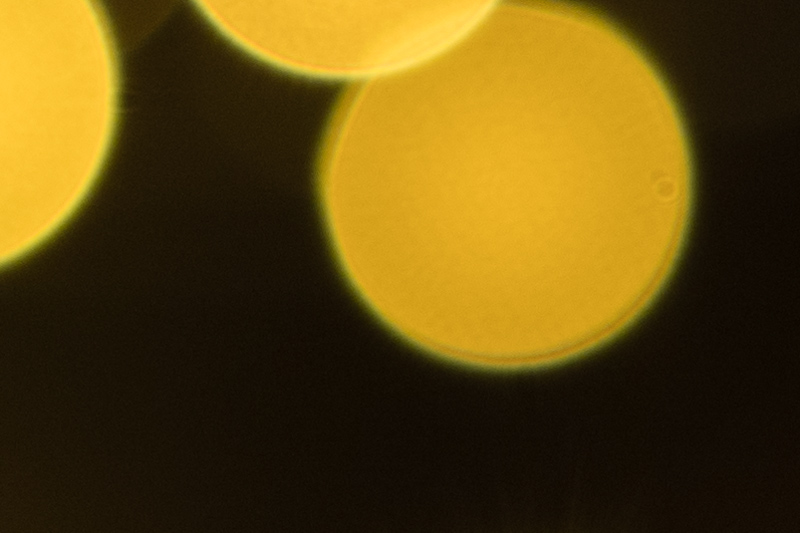
-
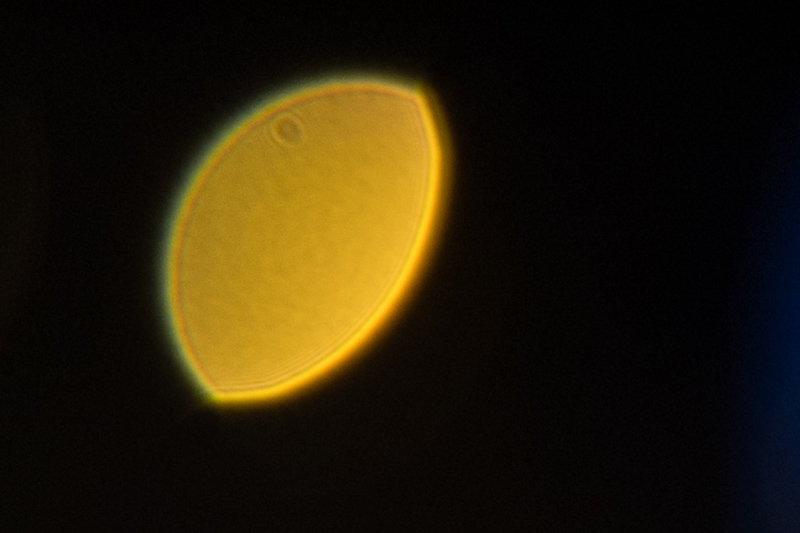
The bokeh balls look nice and evenly lit without any trace of onion rings but there is very distinct double edged rim around the ball and it is also lightly coloured.
Close Distance

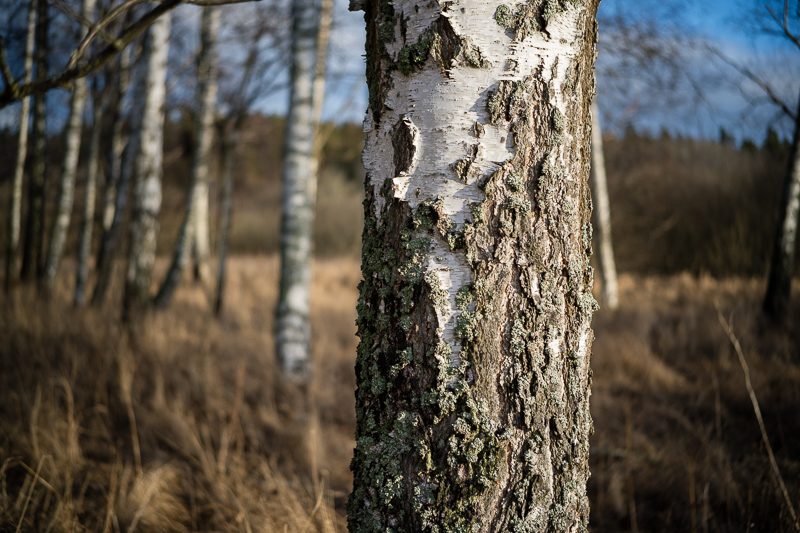

Mium Distance
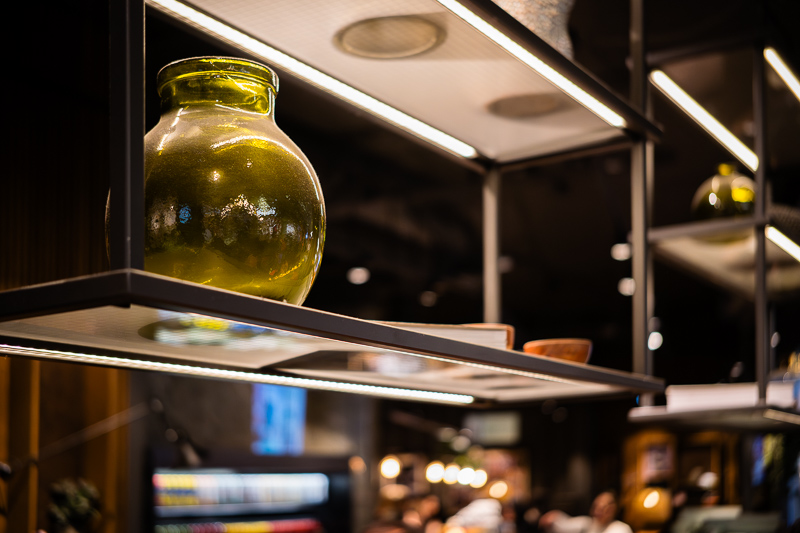
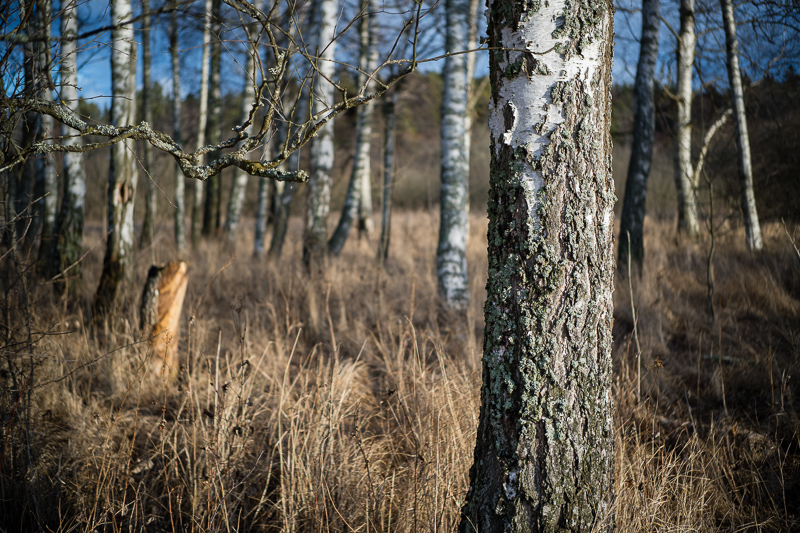

Long Distnace
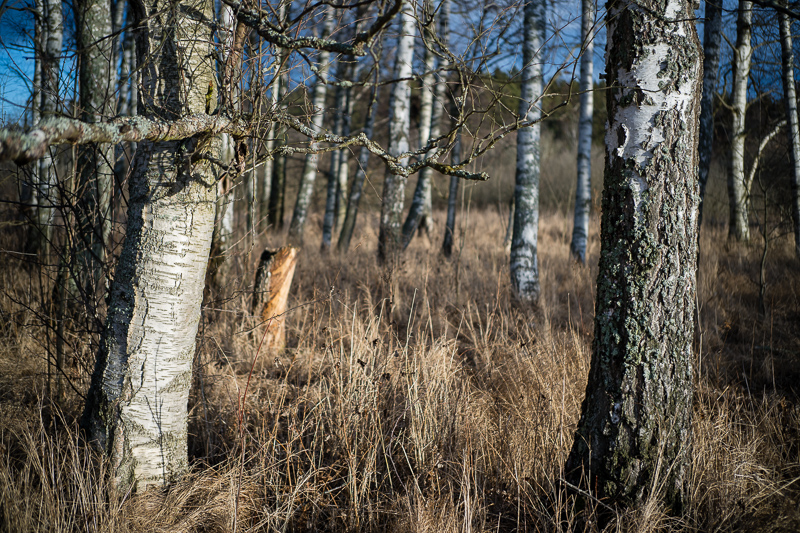
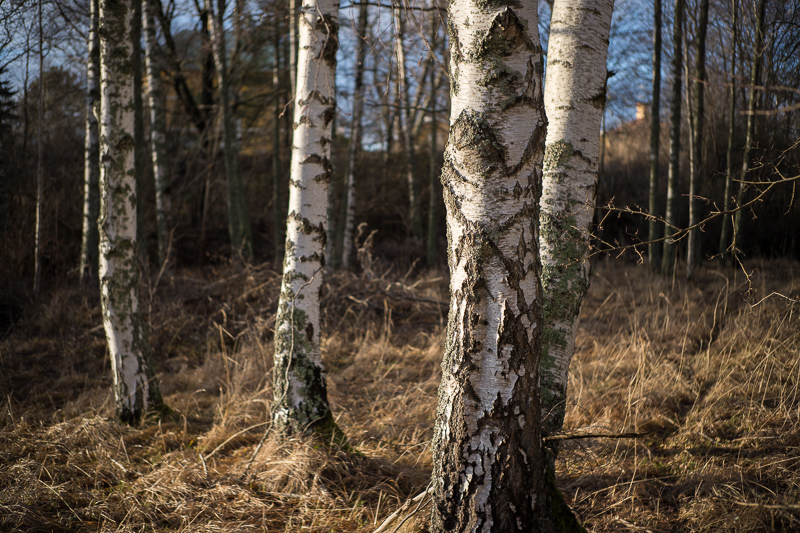
The beauty of bokeh is in the eye of the beholder. To me, while perfectly acceptable, the bokeh is slightly busier than I prefer. It’s not bad or overly busy, but it doesn’t fully meet my personal taste. Of course, this is a subjective matter, so take a look at the images in this section and the sample images to judge for yourself.
Conclusion
| I LIKE | AVERAGE | I DON’T LIKE |
| Price Sharpness in most of the image Distortion Chromatic aberrations Sunstars Size |
Corner sharpness Bokeh Aspherical aberrations Coma |
Vignetting Focus breathing Field Curvature |
This is a very compact and lightweight lens with excellent sharpness, though the corners suffer slightly at wide-open apertures.
Now, to answer the “100-dollar question” from our introduction: Is it better than the Mark I version? The short answer is mostly yes, but not in every aspect. The size, overall sharpness, and sunstars have improved over the already strong performance of the Mark I. Meanwhile, chromatic aberrations, coma, flare resistance, and distortion remain largely unchanged. However, sharpness at f/1.8, sharpness near the minimum focus distance, vignetting, field curvature have slightly worsened.
All in all, I prefer this version over the first. It’s an affordable lens with impressive features for its price, making it an excellent choice for budget-conscious photographers seeking a fast normal prime to complement their kit zoom. It’s not a perfect lens, but considering the price, it offers outstanding value and performs well in most aspects.
Writing articles like this one is both time-consuming and costs us a lot of money. If you found this article helpful and decided to buy one of these lenses, please consider using one of the affiliate links.
If you are not interested in buying any of the lenses, but you still found this article useful, interesting, or it saved you a lot of money, treat us to a coffee (donate)!
| Buy new: TTArtisan Store, Amazon for $125 (Affiliate links) Buy used: eBay |
Alternatives
Viltrox 35mm f/1.7
Autofocus, almost the same size and form factor and also the same level of controls. Better sharpness especially in the corners and better close-up sharpness at wider apertures. It has also a little better vignetting and nicer sunstars. Generally, optically better but also about 50% more expensive. Note, however, that the differences even out if you stop down just a couple of stops.
But new:
Viltrox Store: Viltrox Store
Amazon: Amazon (Anywhere)
Viltrox 33mm F1.4
Autofocus, it also offers 2/3 of a stop faster aperture, is slightly larger and heavier. Double the price. Available in Nikon Z, Sony E, and Fuji X mounts.
Buy New: Viltrox Store,
amazon.com, amazon.de, amazon.co.uk, amazon.com.au, for $269 (Affiliate links)
Laowa Argus 33mm f/0.95 CF APO
Manual focus, without any electric contacts, offers amazing f/0.95 aperture but it is larger and 3 times heavier and costs about 3 times more. Available in Nikon Z, Canon RF, Sony E, EOS M, and Fuji X mounts.
Buy new: Laowa official Store,
amazon.com, amazon.de, amazon.co.uk, amazon.fr, amazon.com.au, for $450 (Affiliate links)
Sigma 30mm F1.4 DC DN | Contemporary
Autofocus, offers 2/3 of a stop faster aperture, is a little larger, heavier, and $120 to $250 more expensive. Available in L-Mount, Sony E-Mount, FUJIFILM X Mount. Nikon Z Mount, Micro Four Thirds Mount, and Canon EF-M Mount.
Buy new: amazon.com, amazon.de, amazon.co.uk, amazon.fr, amazon.com.au for $270 – $399 depending on mount (Affiliate links)
Voigtländer Nokton 35mm F1.2
Manual focus, but with electric contacts, a full stop faster, smaller but about the same weight. Quite expensive, costs about 4 times, you will be able to buy 3 or at least 2 more affordable lenses for that price but excellent mechanical build quality. Available in Nikon Z and Fuji X mounts.
Buy new: amazon.com, amazon.de, amazon.co.uk, amazon.fr, amazon.com.au for $649 (Affiliate links)
Buy used: ebay.com, ebay.de, ebay.co.uk, ebay.fr, ebay.com.au (Affiliate links)
More Sample Images
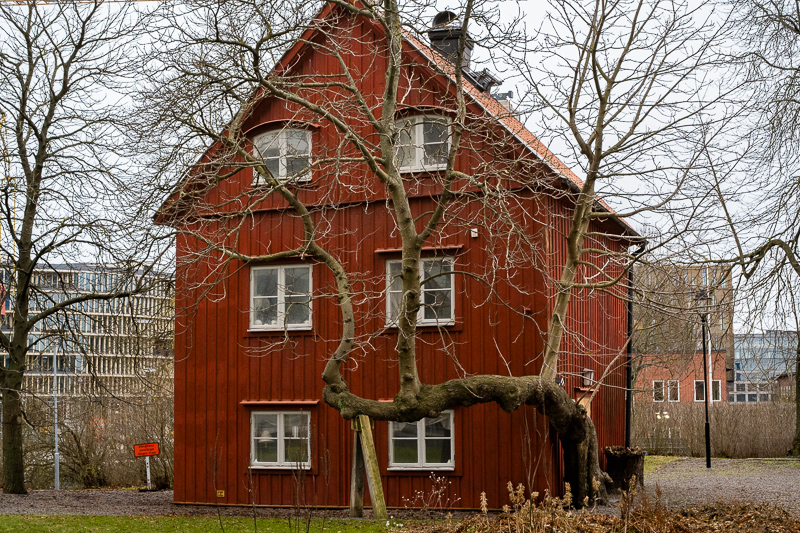

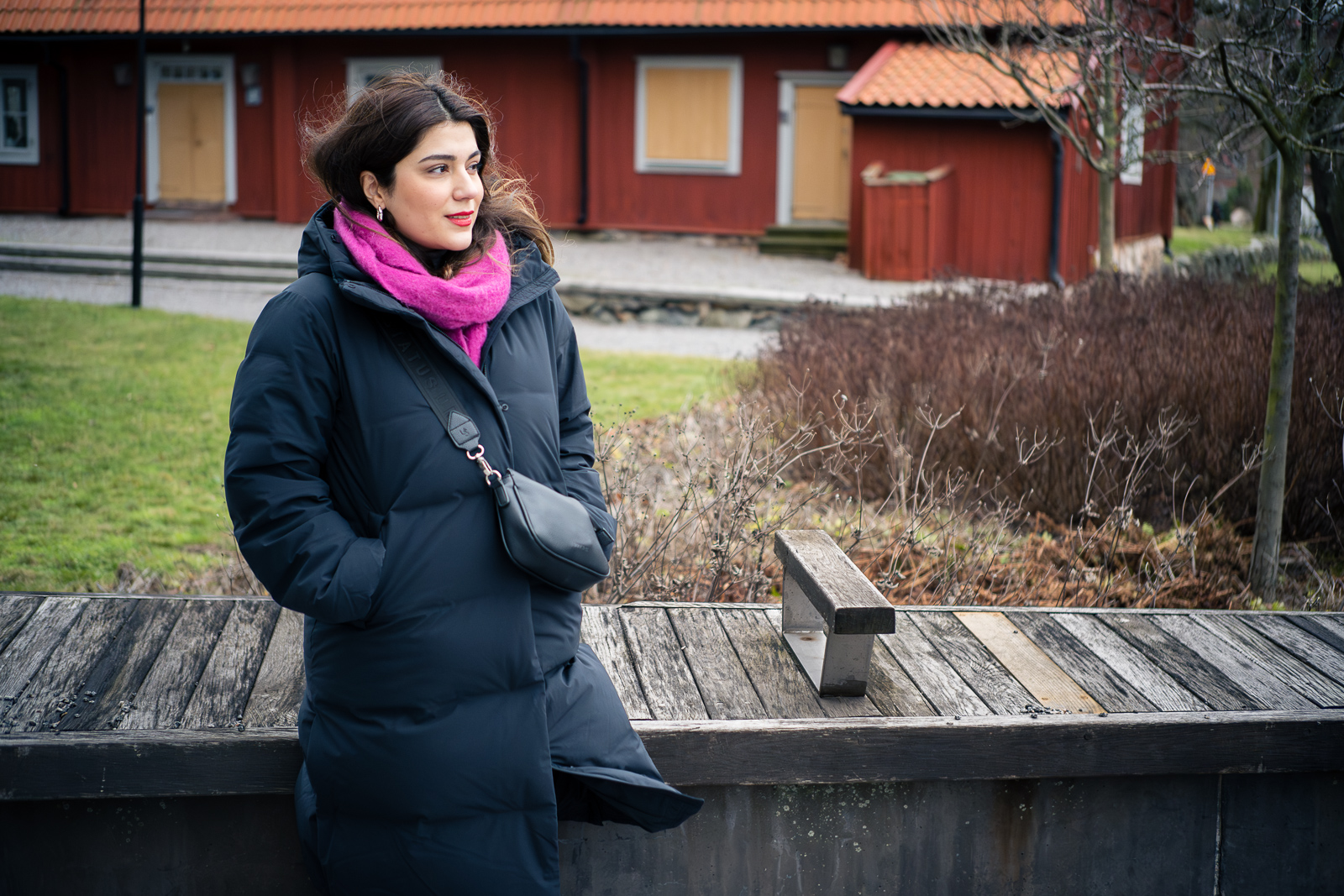
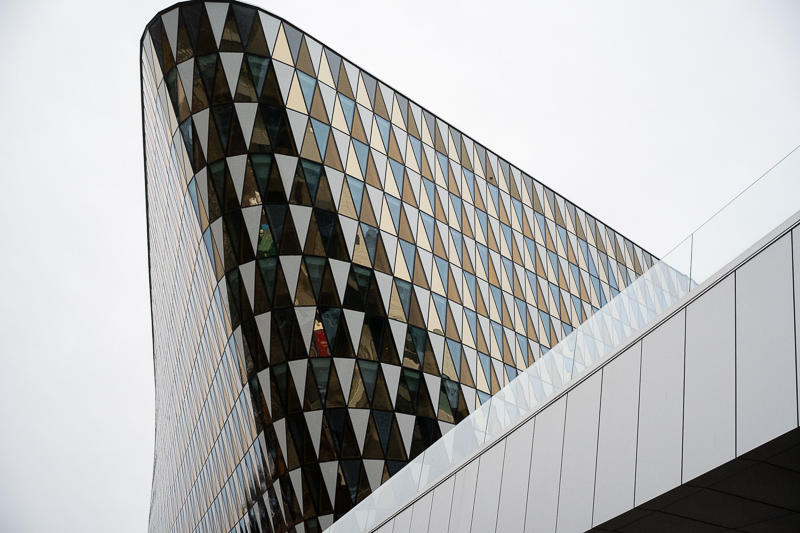
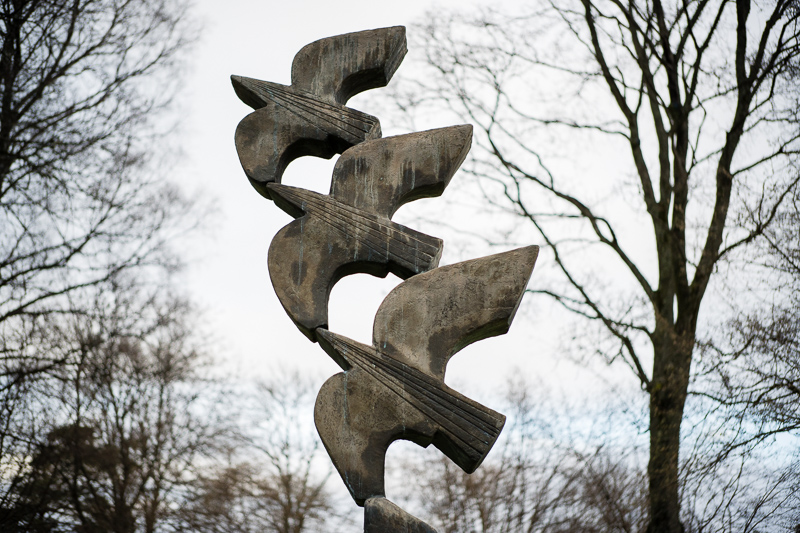
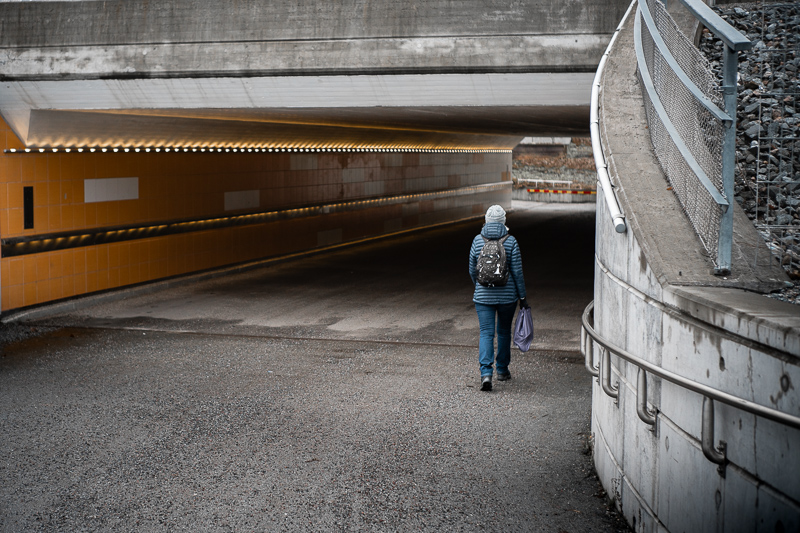

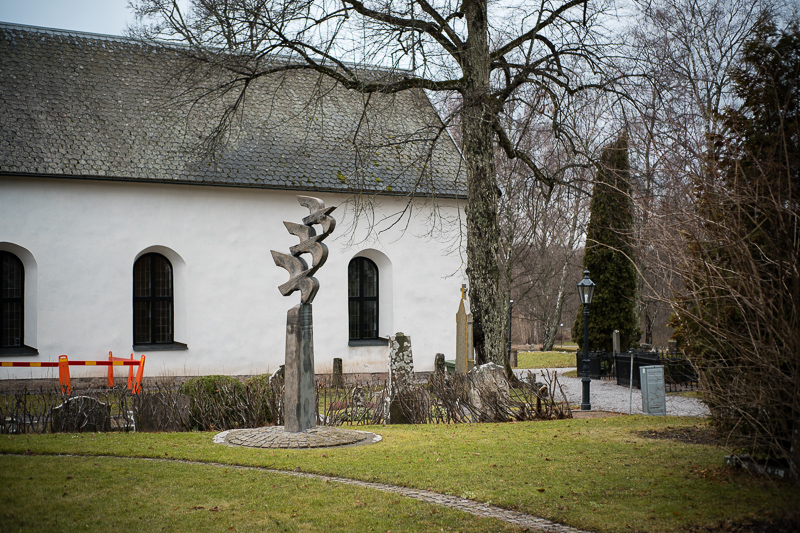
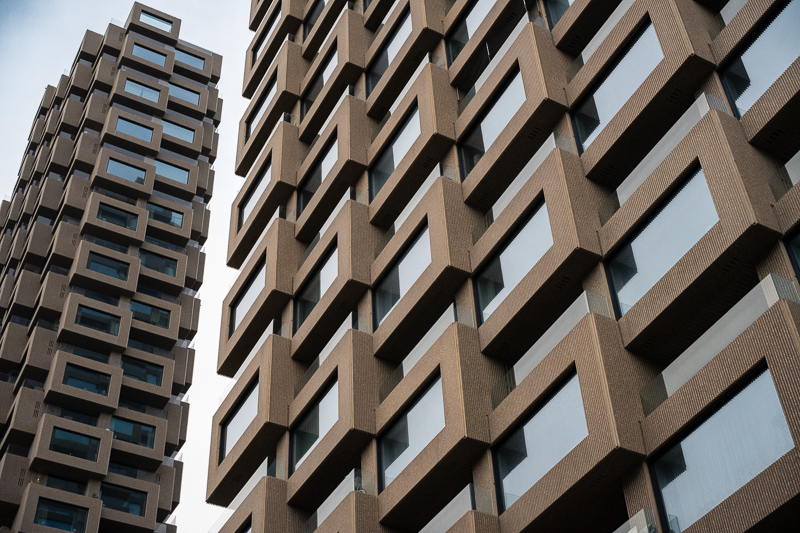
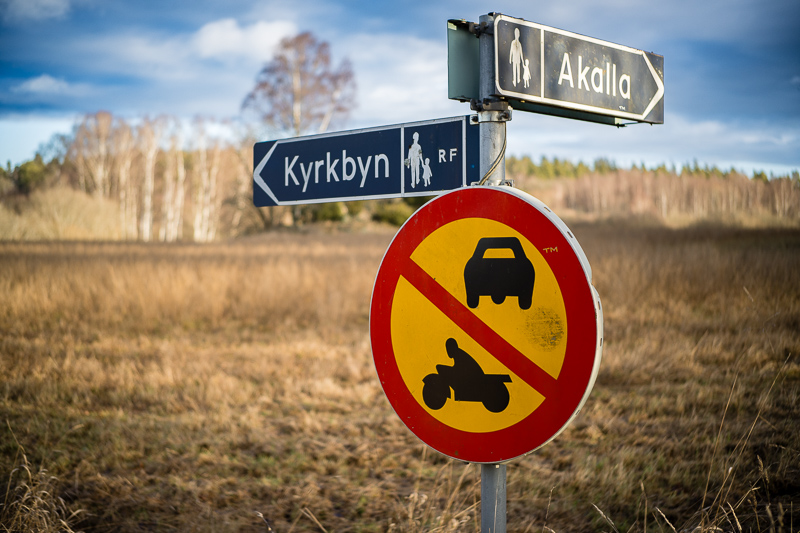
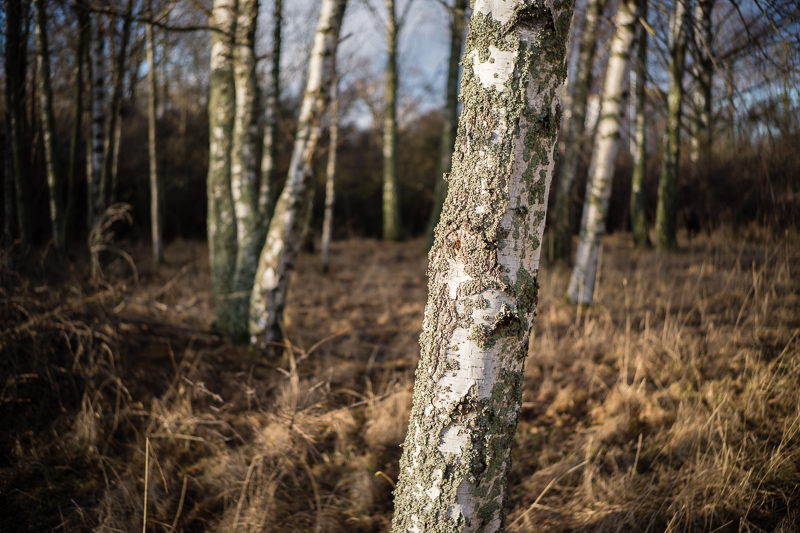

Most of the sample images in this review and many more can be found in higher resolution here.
Further Reading
- What camera gear and accessories do I use most frequently?
- REVIEW: LAOWA 33MM 0.95 CF APS-C
- REVIEW: VILTROX 75MM 1.2 AF E PRO APS-C
- REVIEW: NISI 9MM 2.8 APS-C
- REVIEW: LAOWA 9MM 2.8 APS-C
Support Us
Did you find this article useful or did you just like reading it? It took us a lot of time and money to prepare it for you. Use the Donate button to show your appreciation!
![]()

(Donations via Paypal or bank card)
What’s in my camera bag? MY 2024 KIT!!
- Main camera : https://amzn.to/3TsGtKg
- Camera grip : https://amzn.to/4e0G3CR
- Memory Card 1: https://amzn.to/47pA20i
- Memory Card 2 : https://amzn.to/3XHYxlZ
- Camera 2 : https://amzn.to/3Xifou8
- Camera grip: https://amzn.to/4dYYpV9
- Memory card 1: https://amzn.to/4e5h2H0
- Memory card 2: https://amzn.to/3zu7W7n
- Small travel tripod: https://amzn.to/4goIX68
- Mini tripod: https://amzn.to/4e09XXX
- Small shoulder bag: https://amzn.to/47tPMiY
- Medium shoulder bag: https://amzn.to/4ej4bjY
This site contains affiliate links, for which I may receive a small commission if you purchase via the links at no additional cost to you. This helps support the creation of future content.
Martin
Latest posts by Martin (see all)
- REVIEW: TTArtisan Tilt-Shift 17mm F4 ASPH. - March 4, 2026
- REVIEW: Meike 24mm f/1.4 MIX - February 25, 2026
- REVIEW/Comparison: Thypoch Simera 35mm f/1.4 ASPH. (Z) vs Leica Summilux 35/1.4 FLE II - February 18, 2026
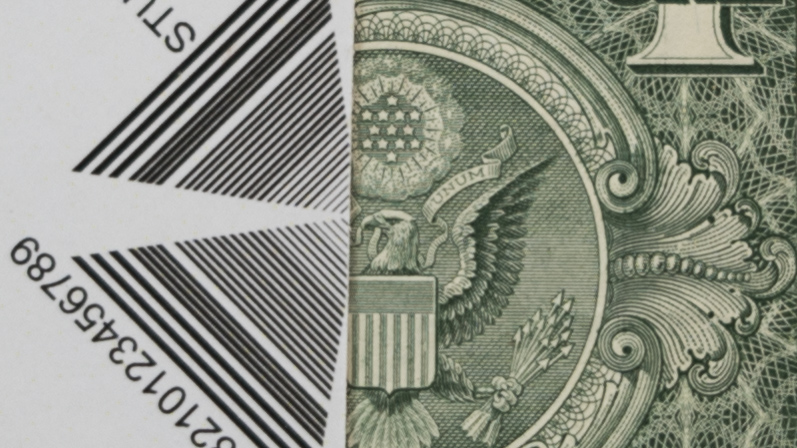
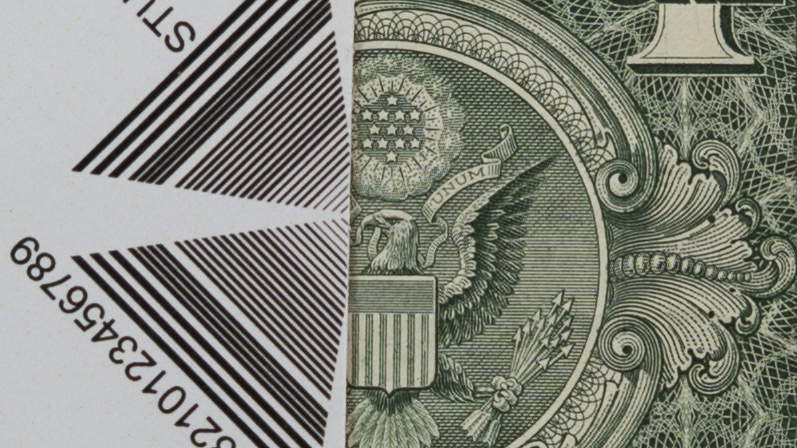
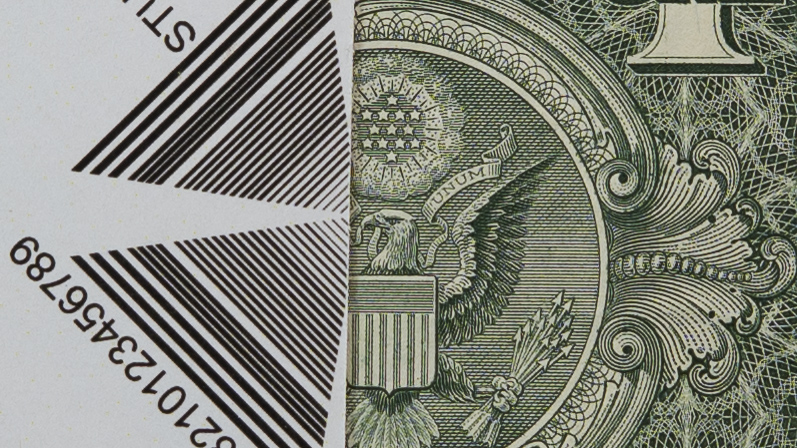
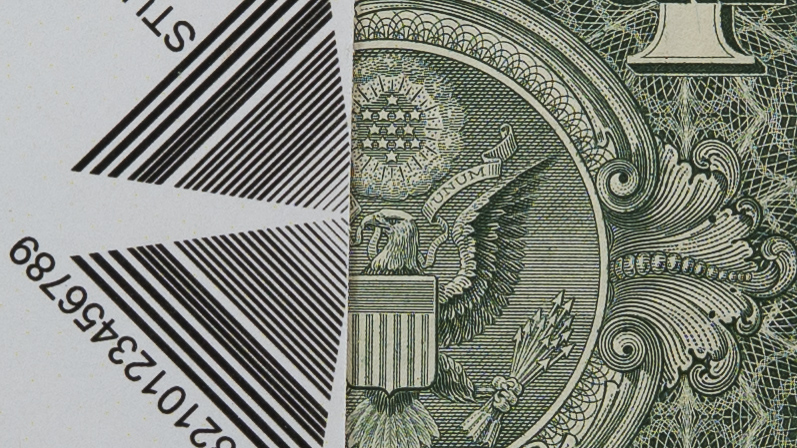
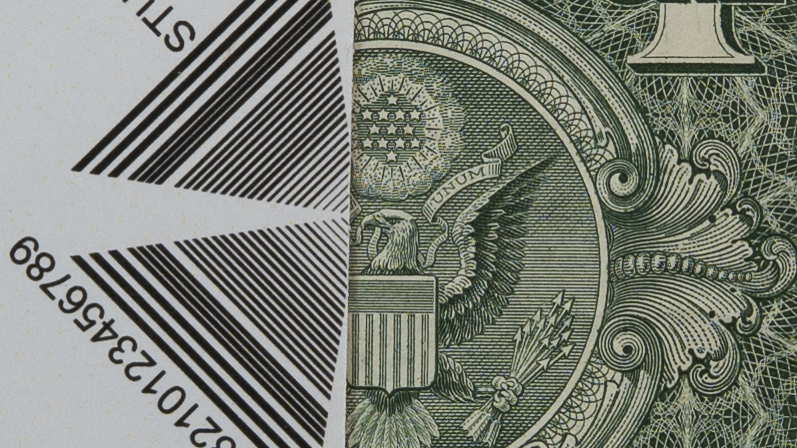
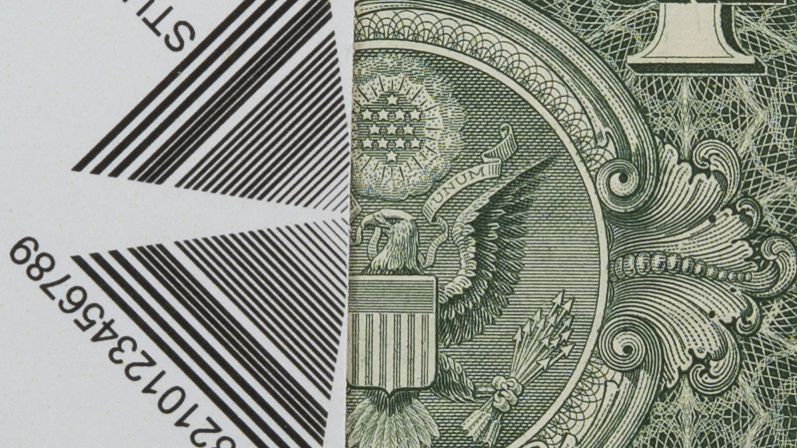
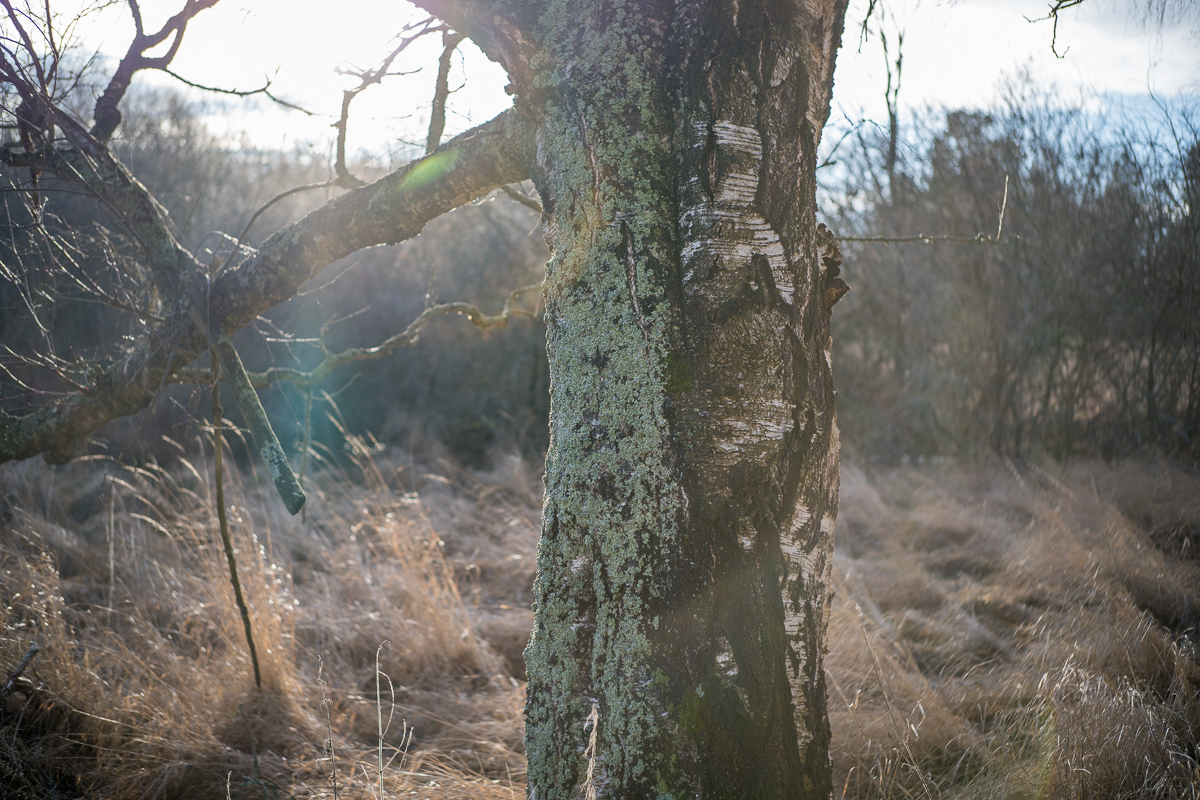
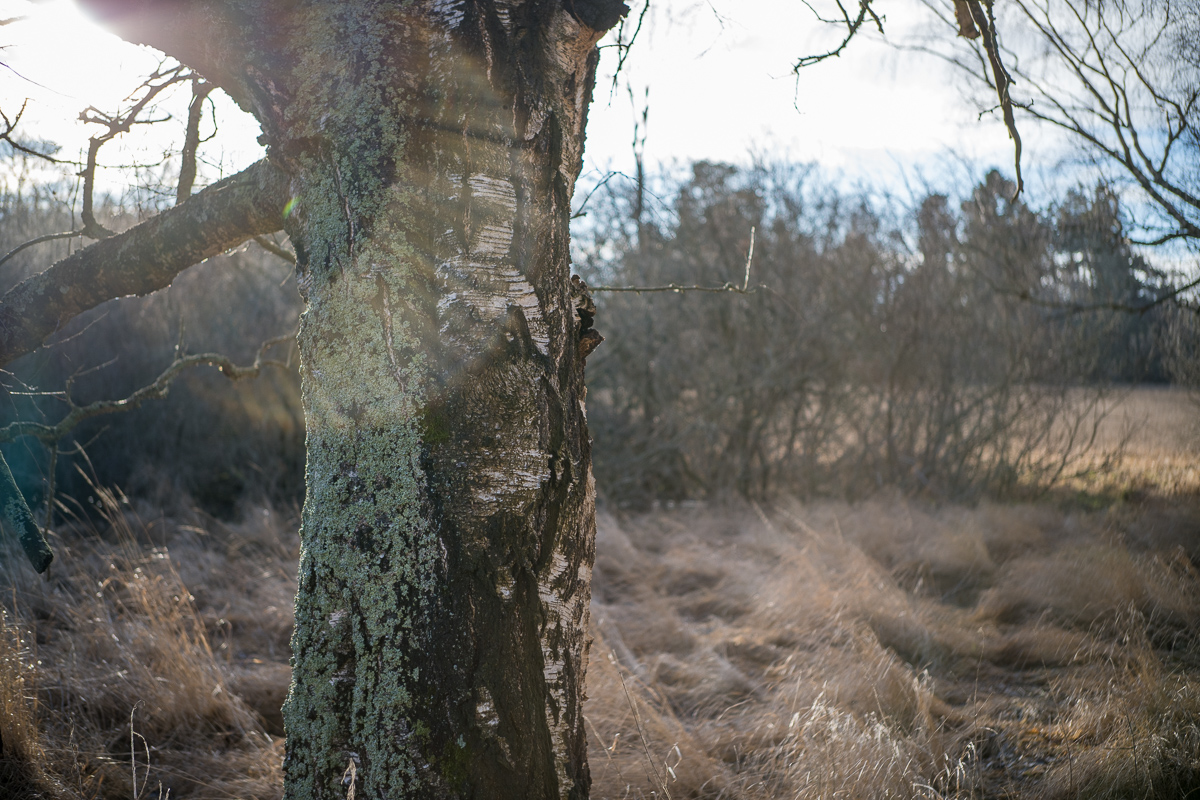
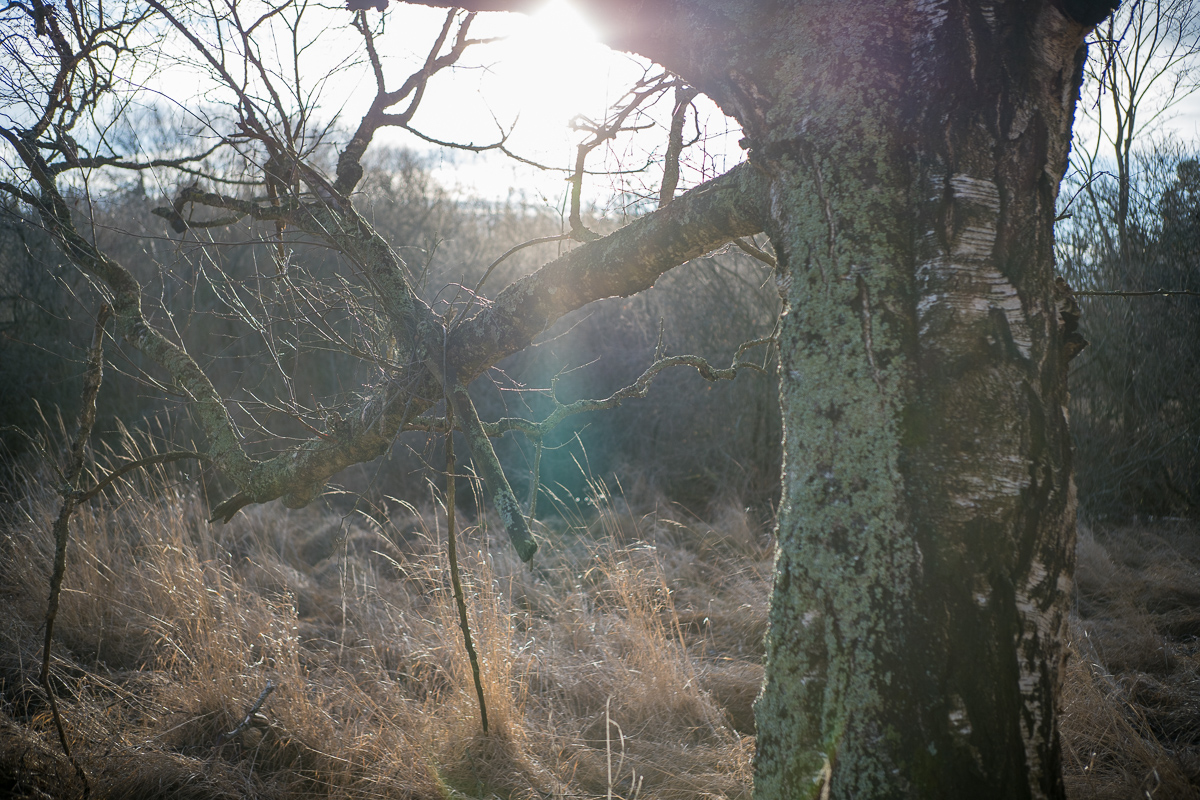
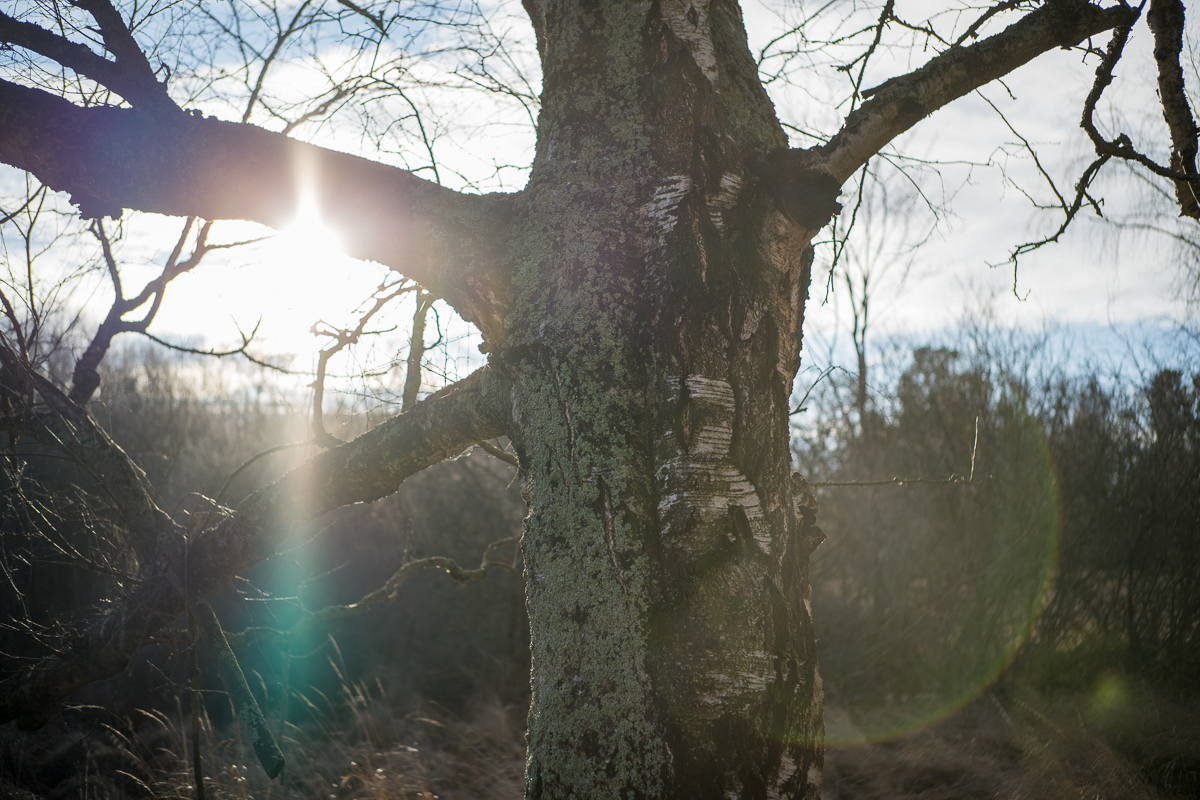
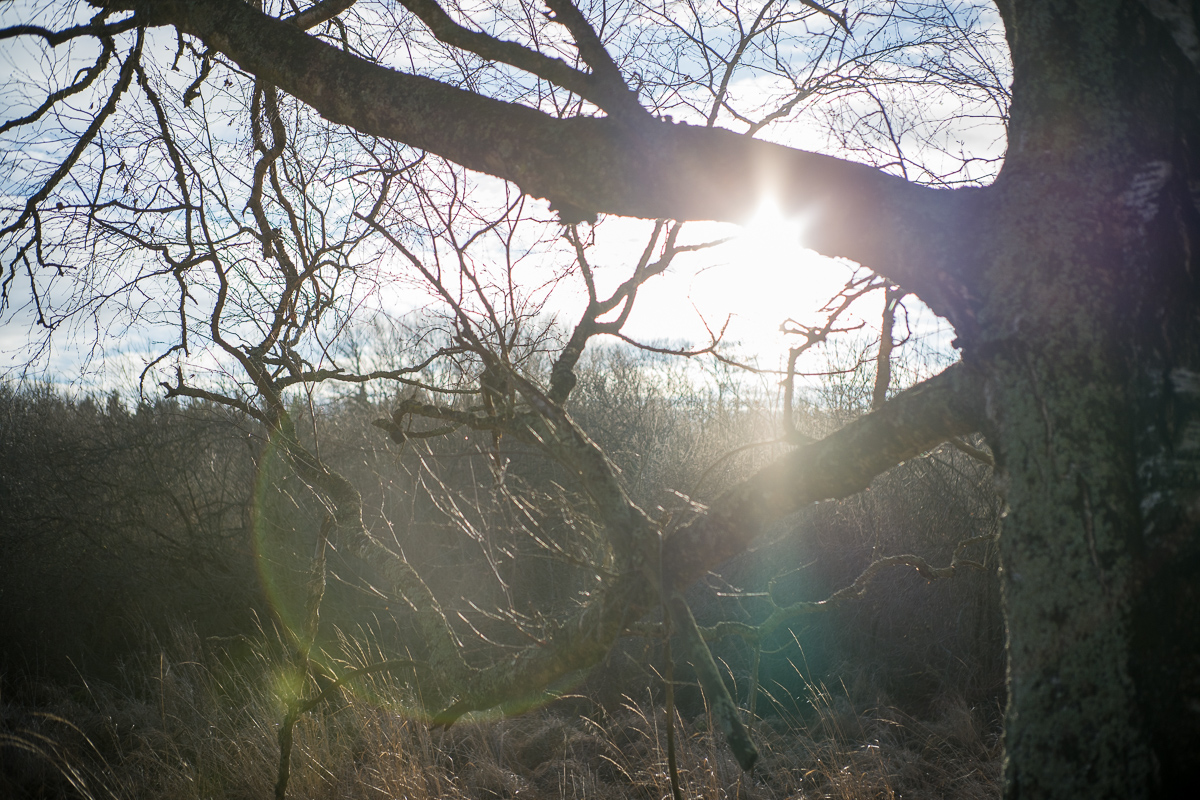
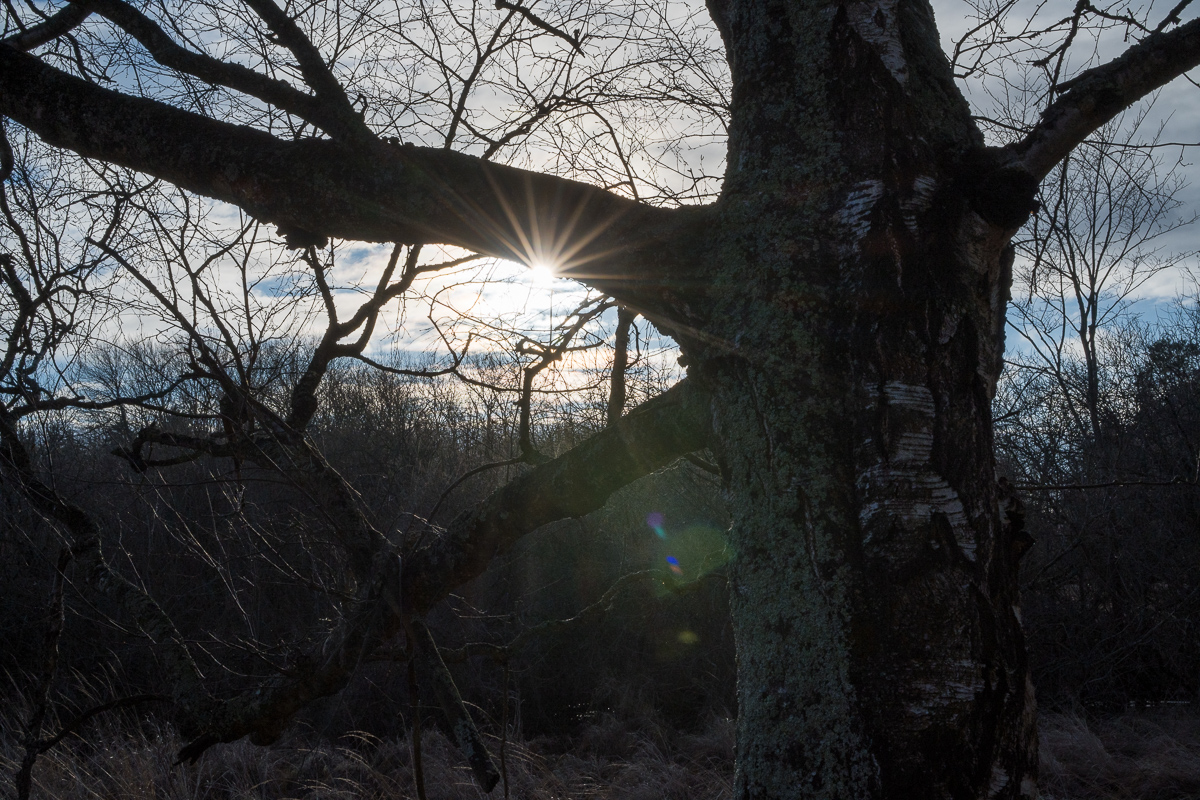
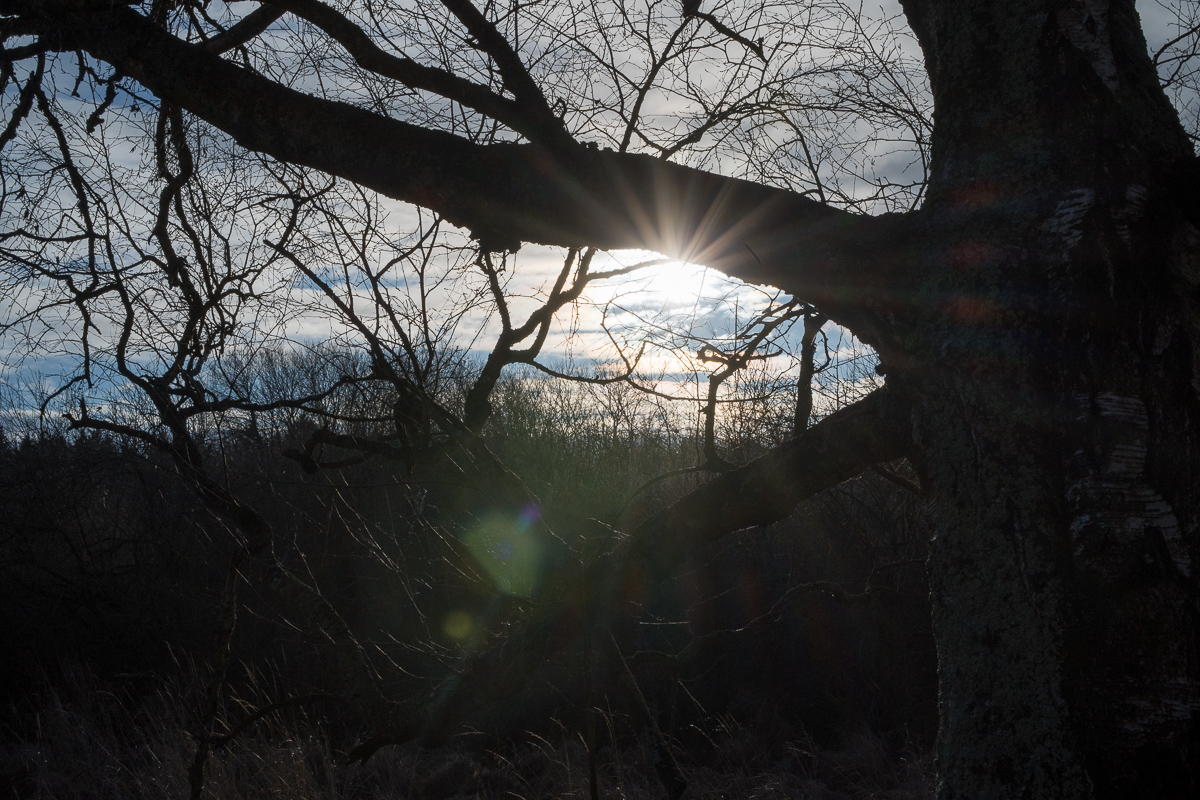
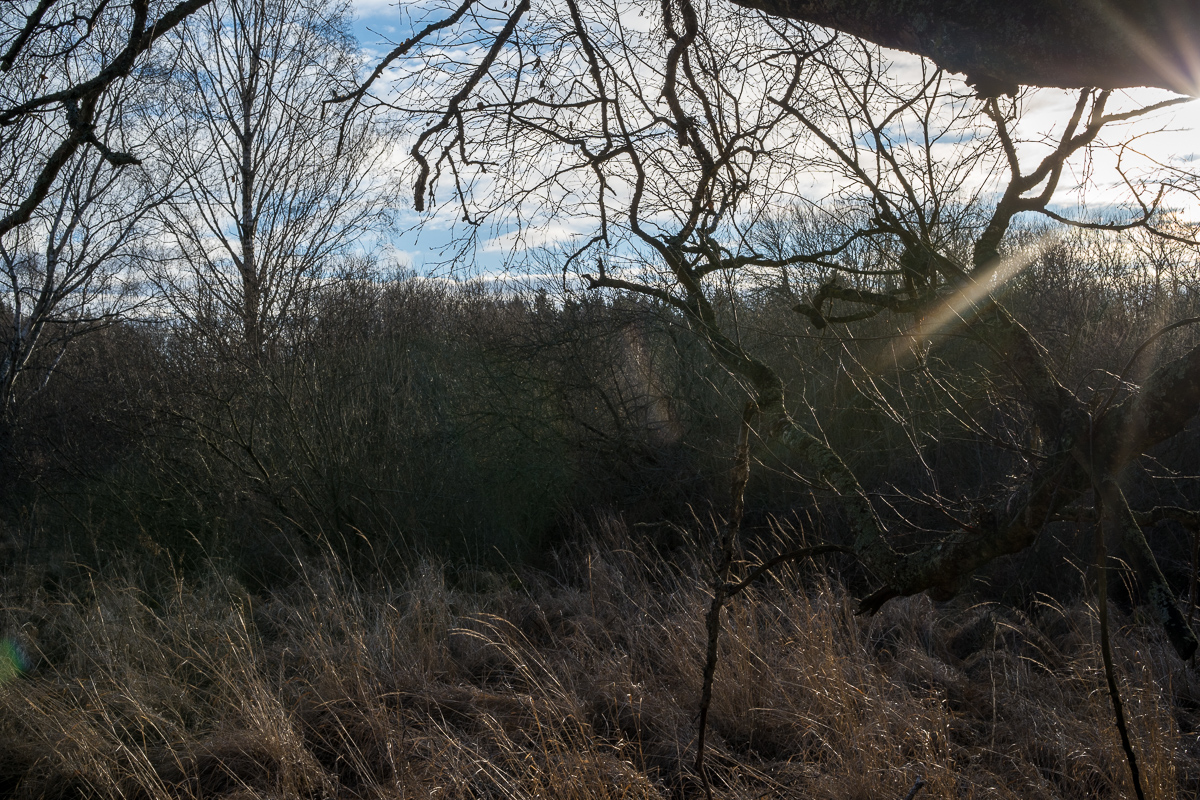
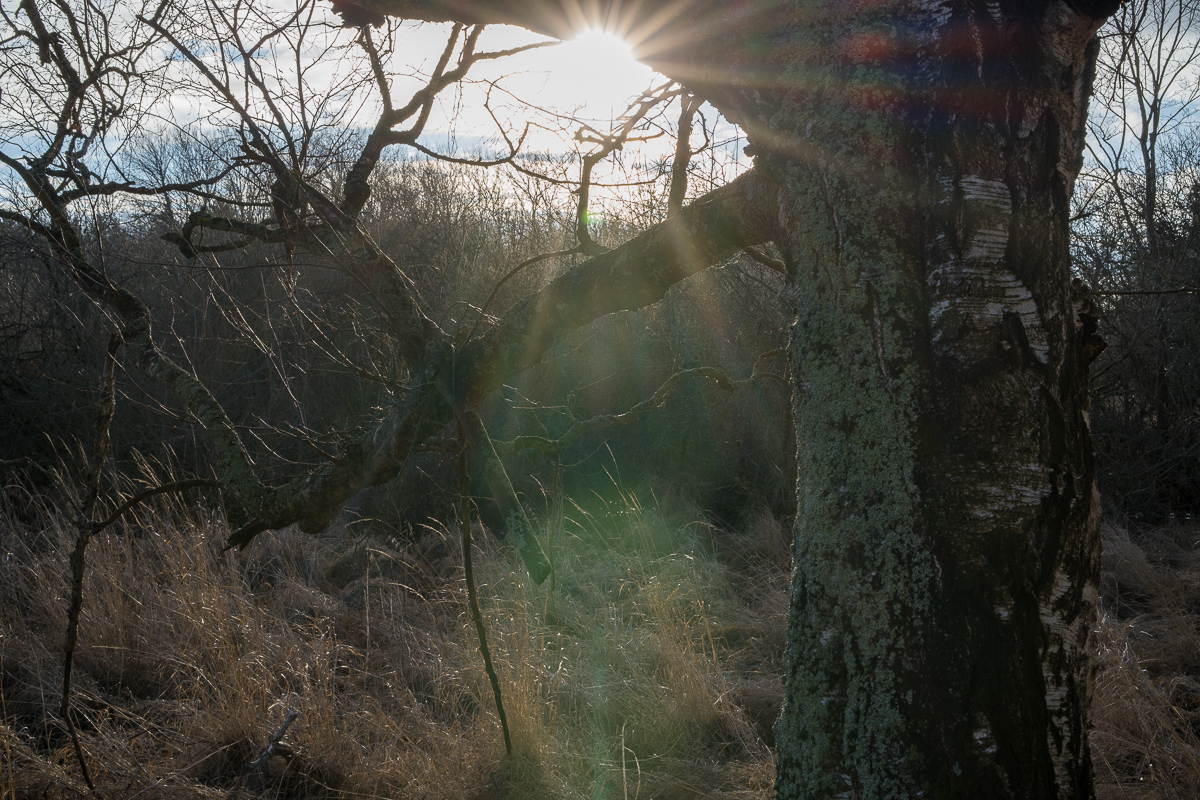
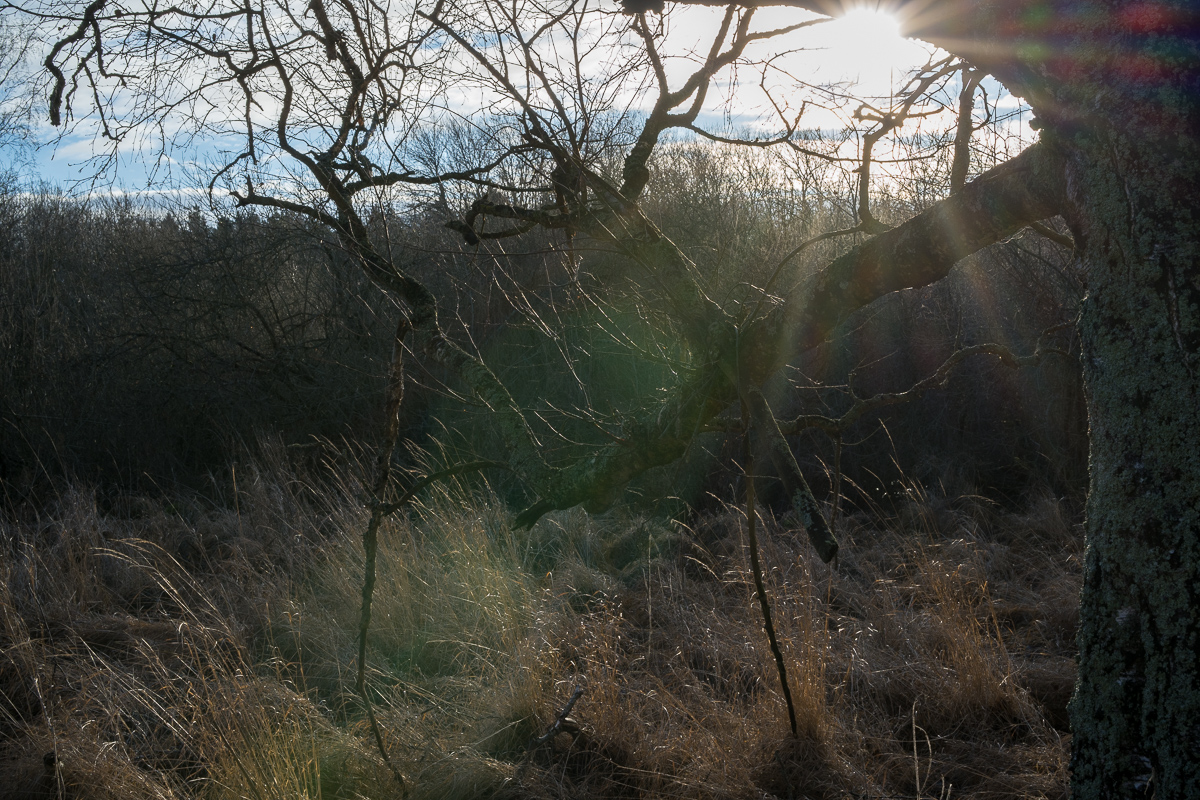
Assuming the central bokeh balls were taken at full aperture, there’s a bit of an unevenly distributed polygonal aspect to them? Almost as if the aperture isn’t fully open / misaligned.
That’s correct, Some of the balls, a little off centre, are completely round but the ones in the centre have a slight polygonal shape. In some Chinese lenses we have seen that the aperture does not fully opens at wide open and it seems this one is one of them.
Sadly not only in Chinese lenses.
I have also seen that in several samples of Sony’s RX1RII and also in some Nikon AF(-D) lenses.
The vignetting seems pretty heavy for an APS-C lens. Even in the sample pictures there are pretty dark corners. Or is it due to some postprocessing?
However given the price it is a decent lens overall.
Yes, I have already stated that it suffers from quite high vignetting in the review, especially wide open and most of the sample images are taken at wide-open aperture. No post processing for added vignetting.
I guess the Viltrox 35mm f/1.7 AF would be the most obvious competitor to this lens worth mentioning in the alternatives section.
I completely agree. I’m guessing this was an oversight since Martin already reviewed that one!
Correct.
Completely right, a miss. I’ve added it to the Alternatives.
Nice to see PR reviewing more APS-C lenses lately.
Lenses like this I think are underrated by photographic enthusiasts because most people already have their setup of often expensive high performing lenses. But I think TTArtisan should be commended for offering a lens that offers a lot of value in a very compact package with no big drawbacks at a very low price. And not only that but offering an improved more compact redesign after just one year.
In recent years, the prices of photographic gear have been leaping upwards, yet the new Chinese entrants have been introducing fairly good products at prices that are almost shockingly lower than what we’re used to, allowing photography to remain affordable and accessible for students, amateurs, or people in emerging markets.